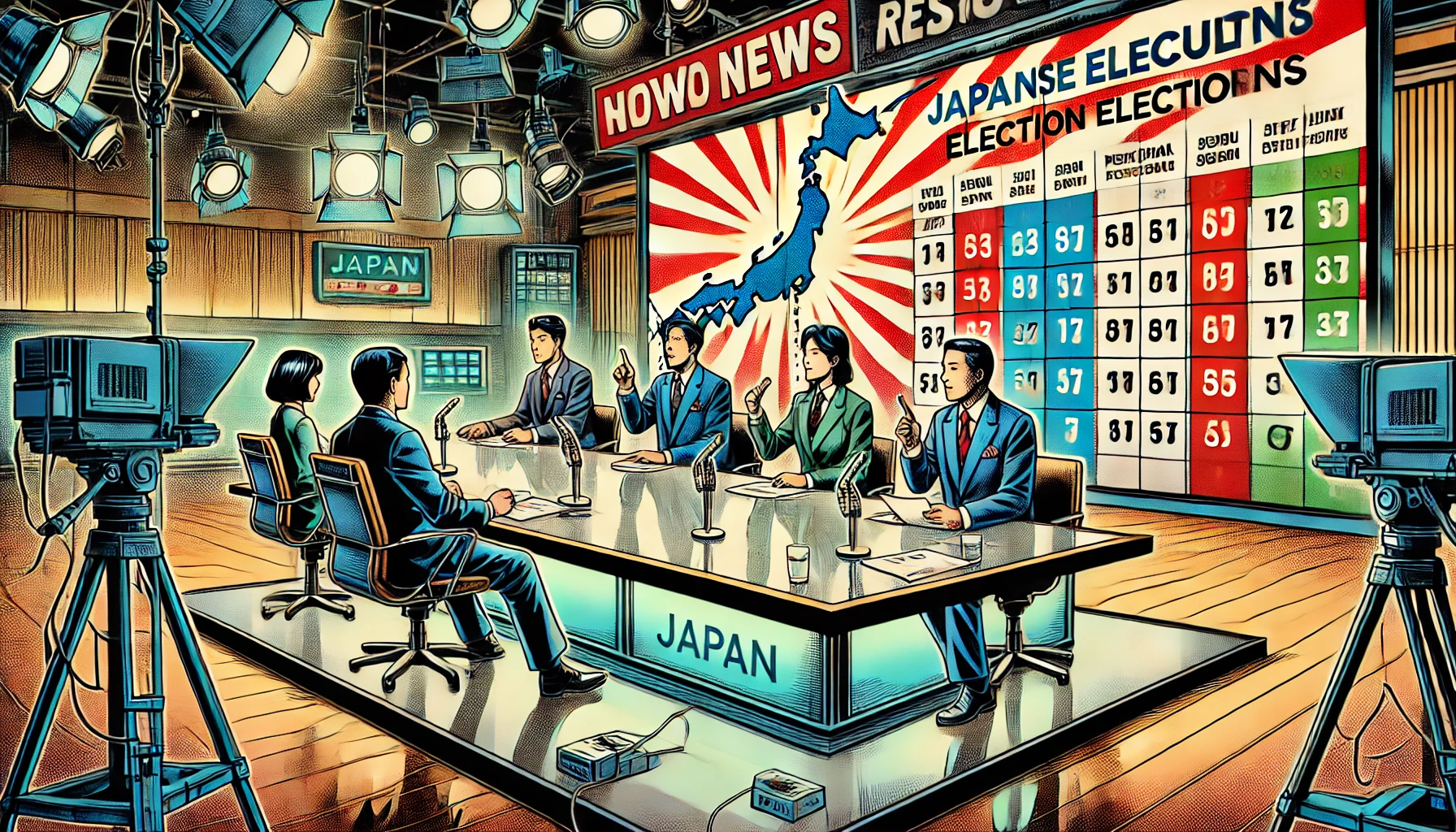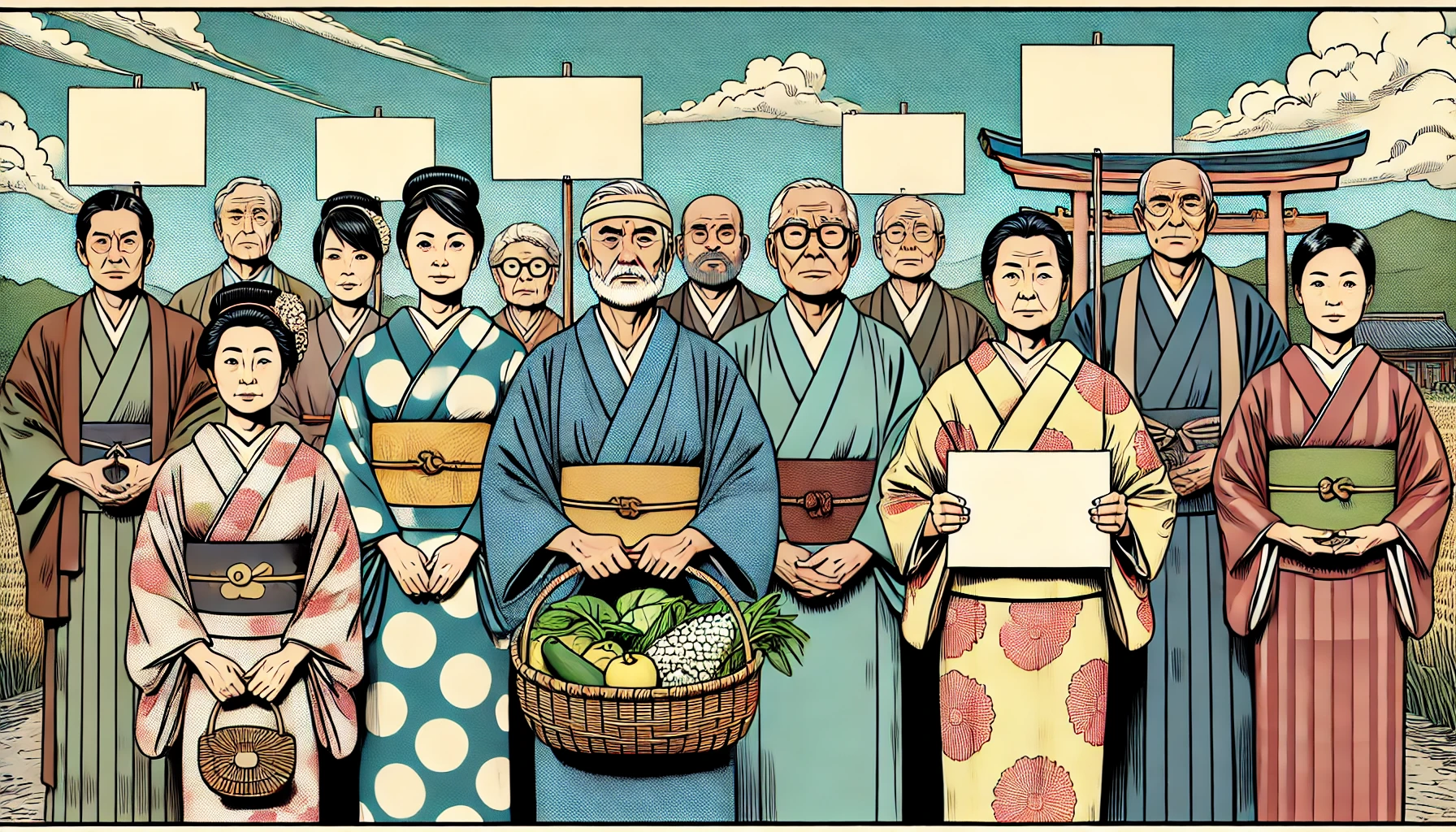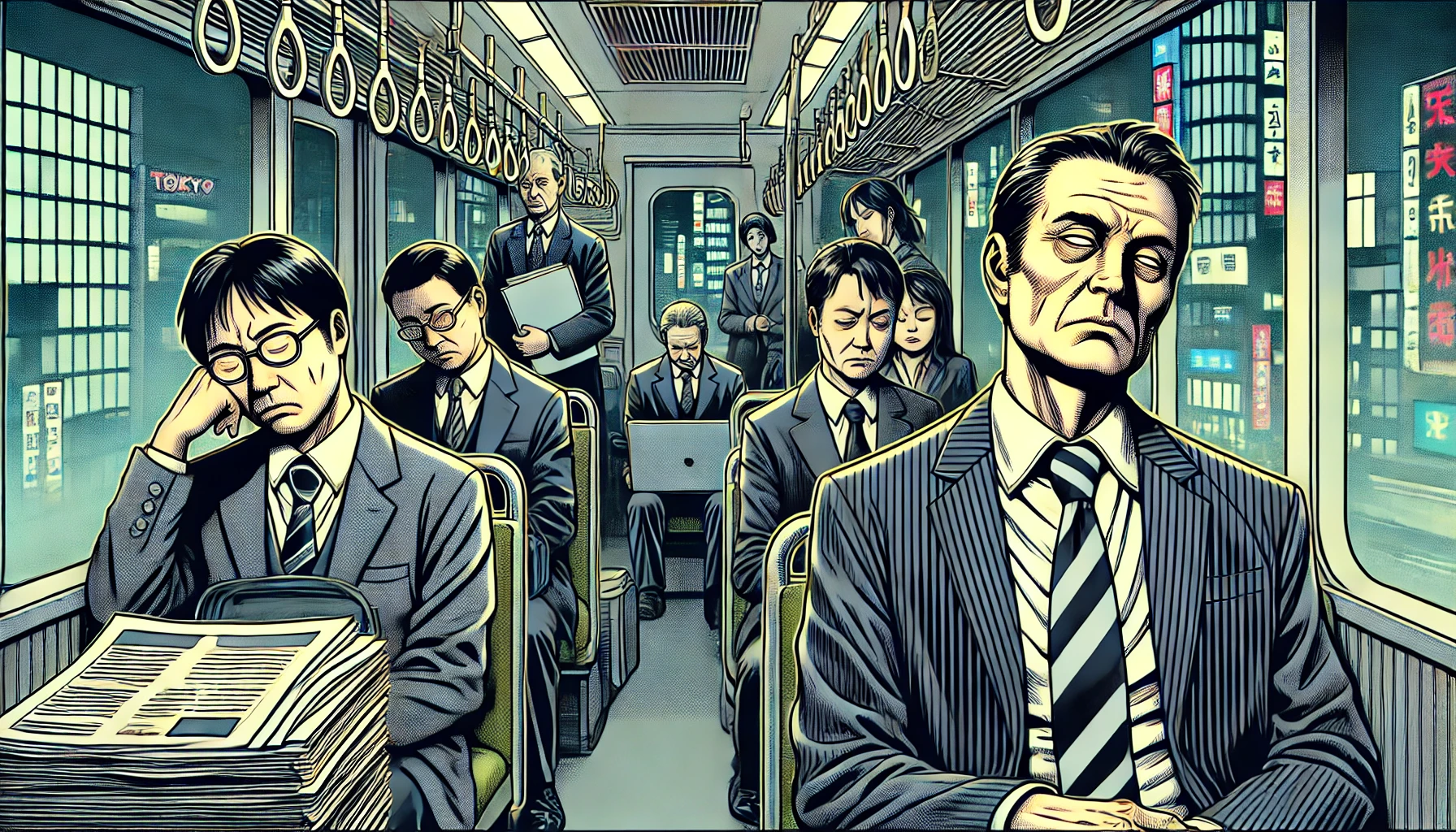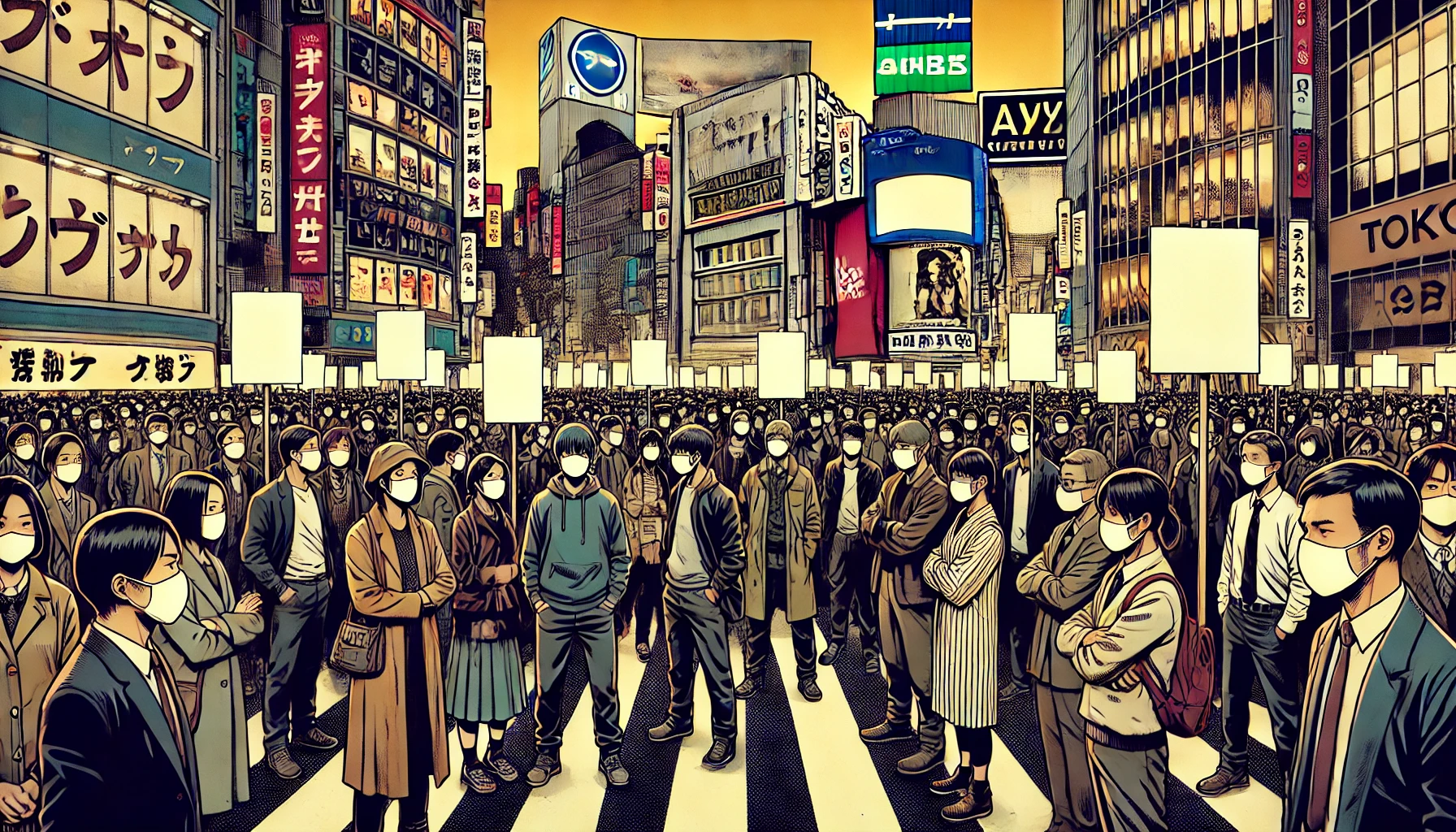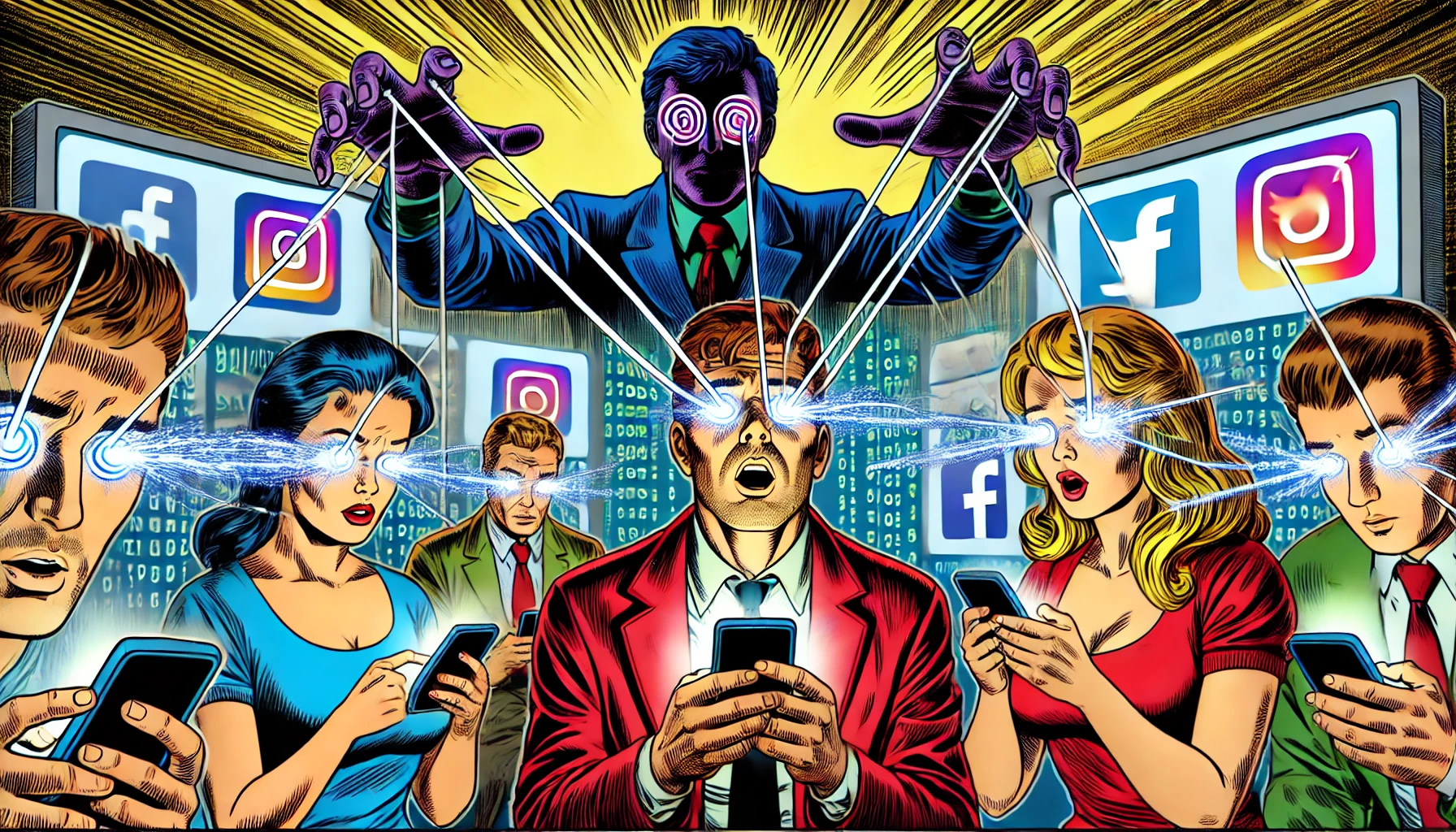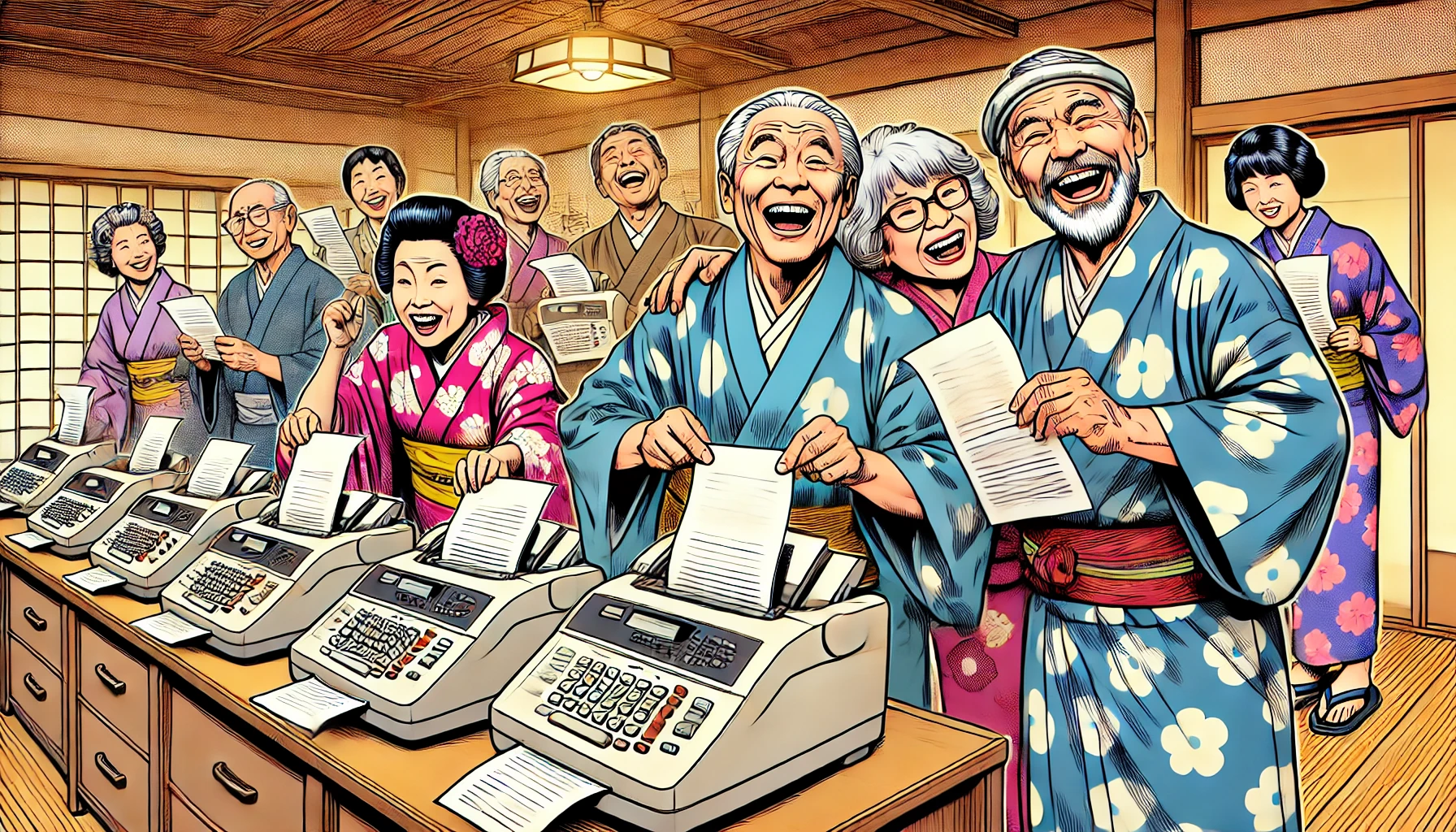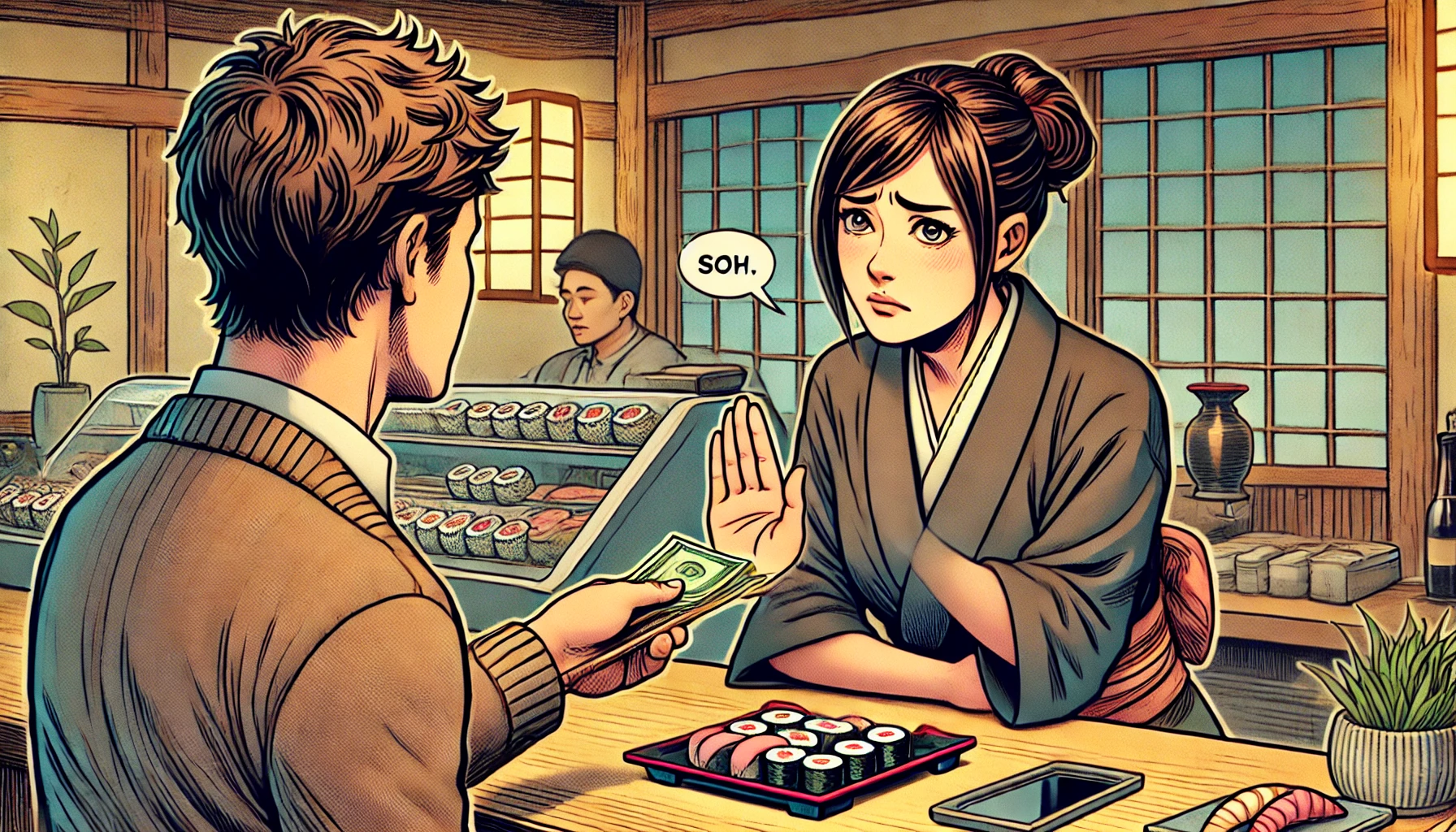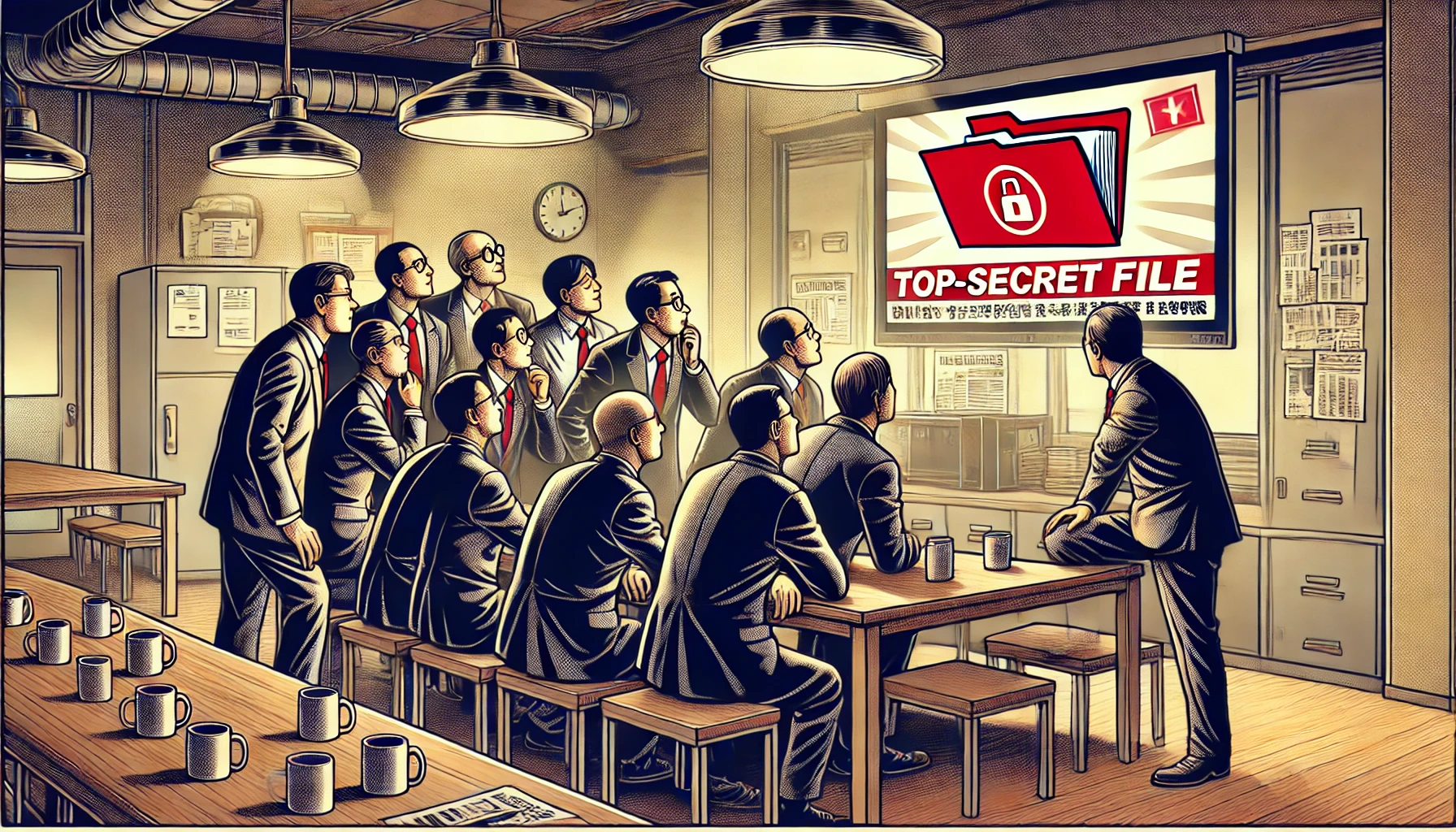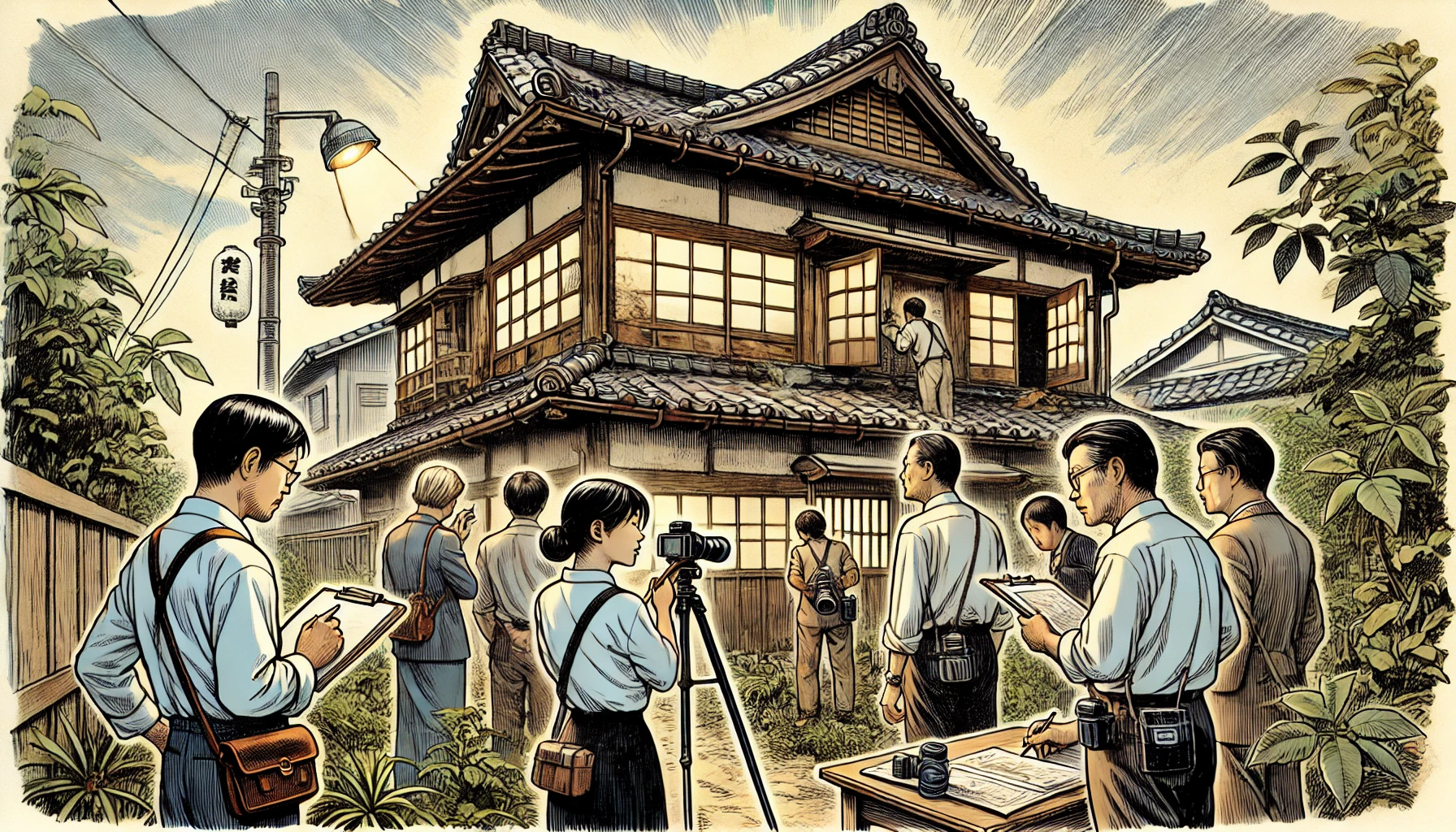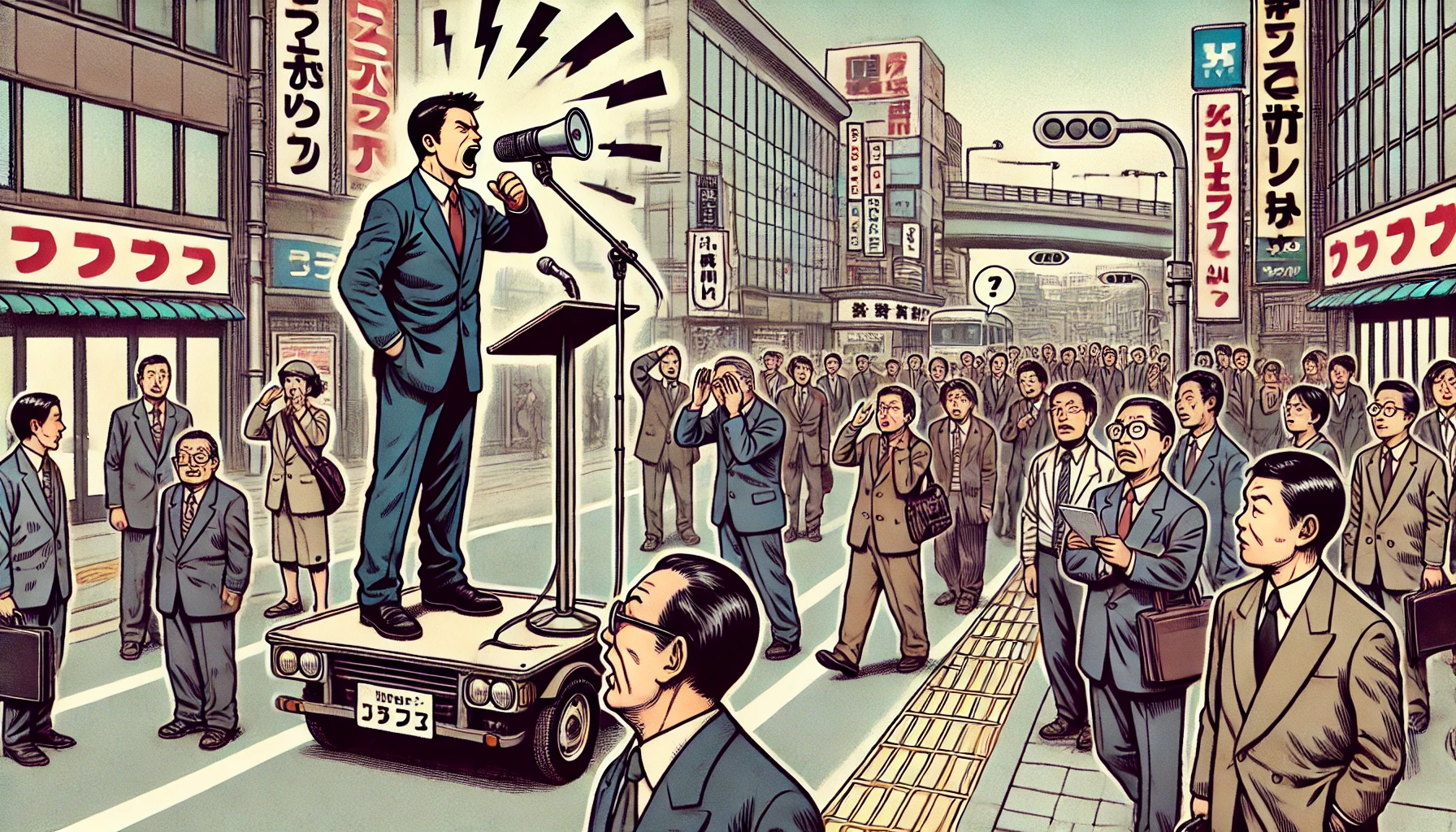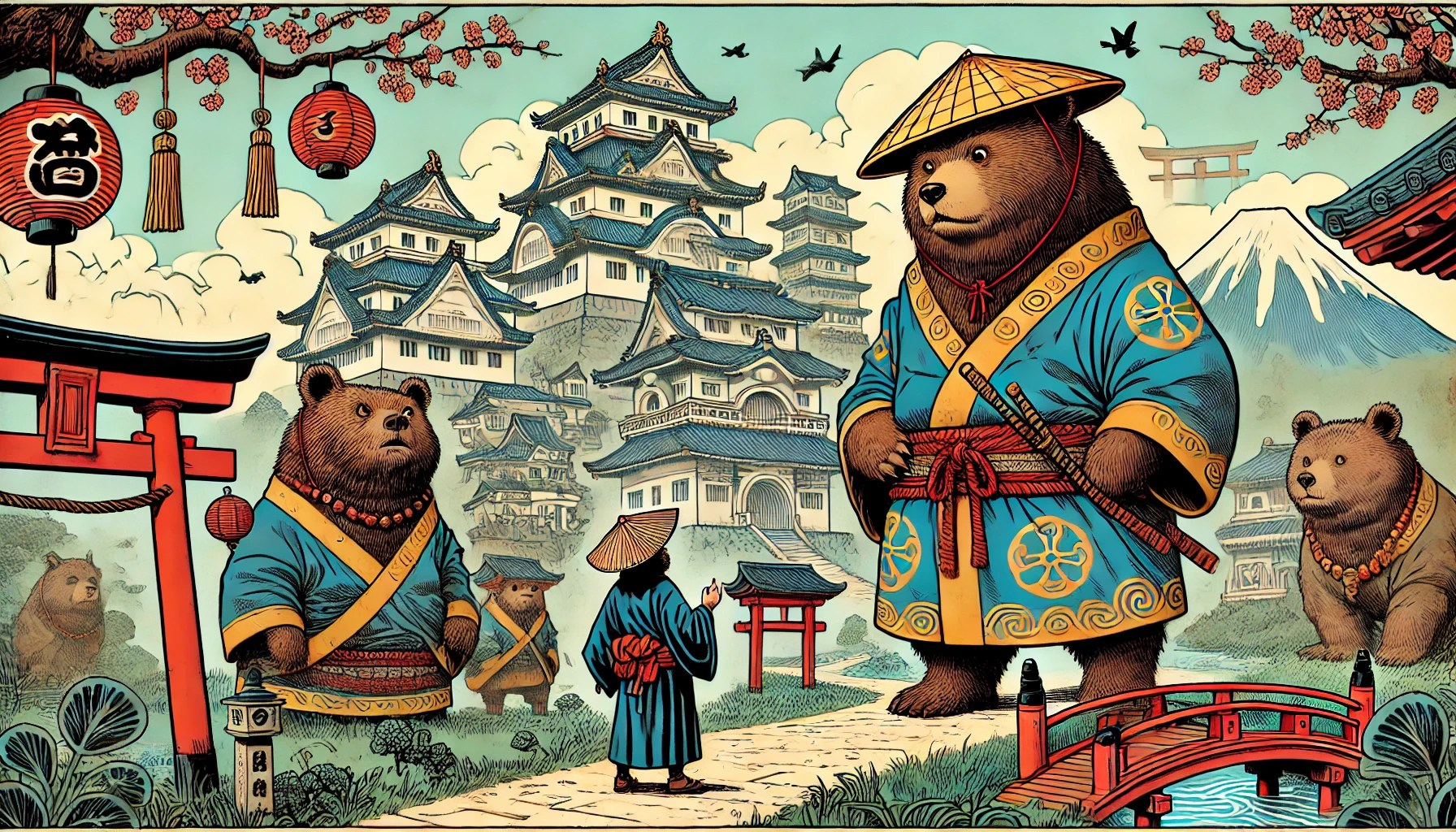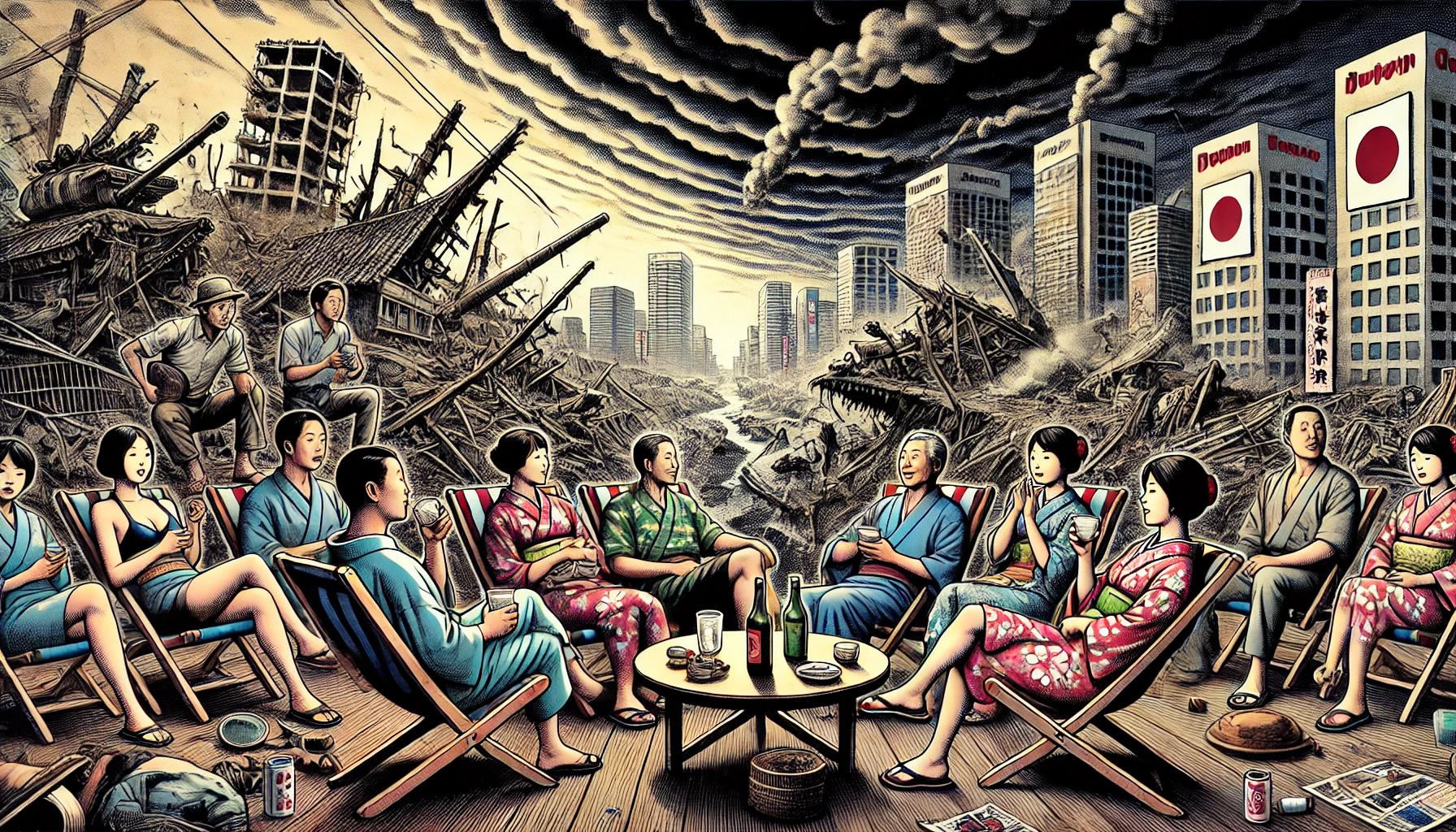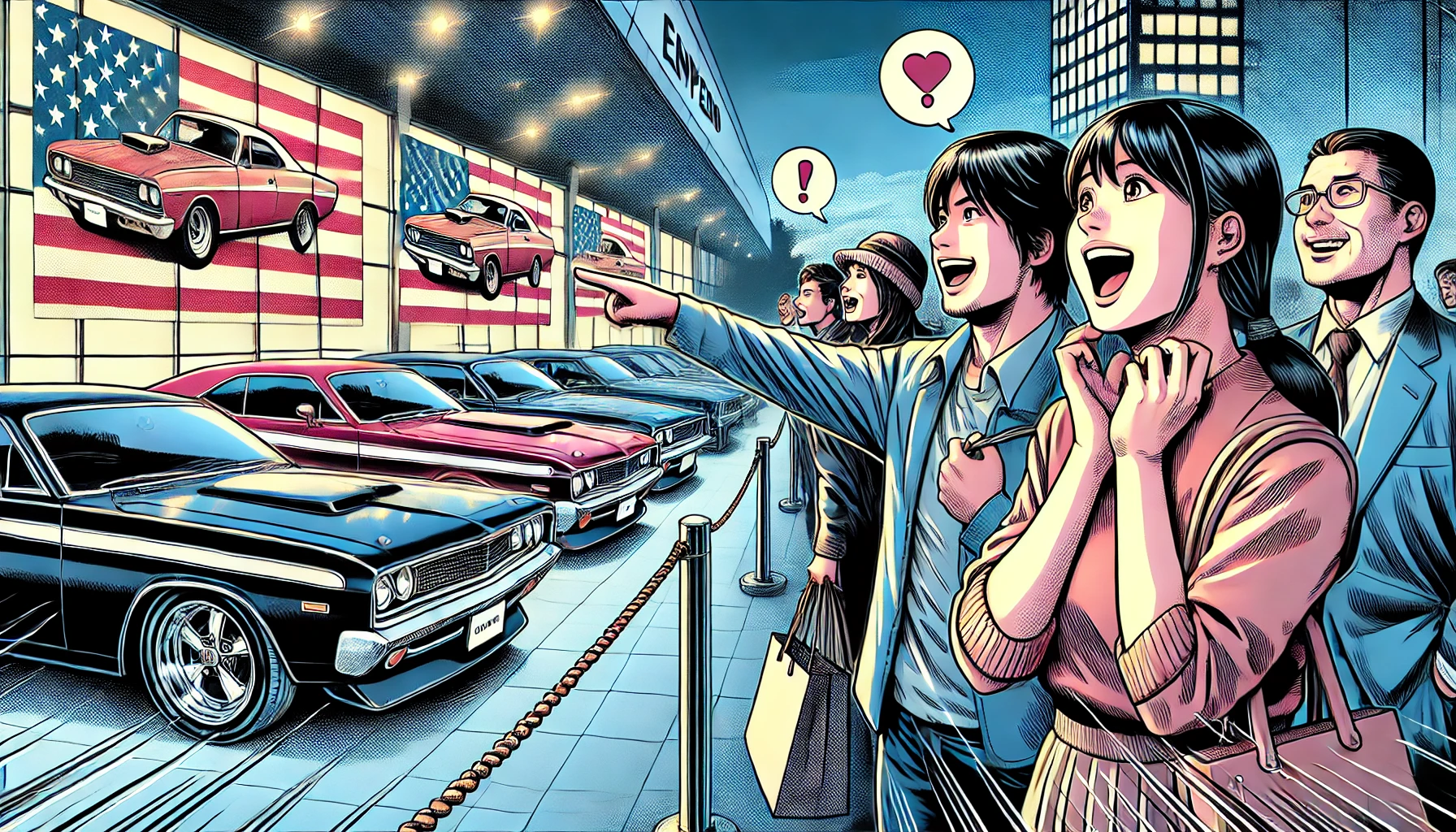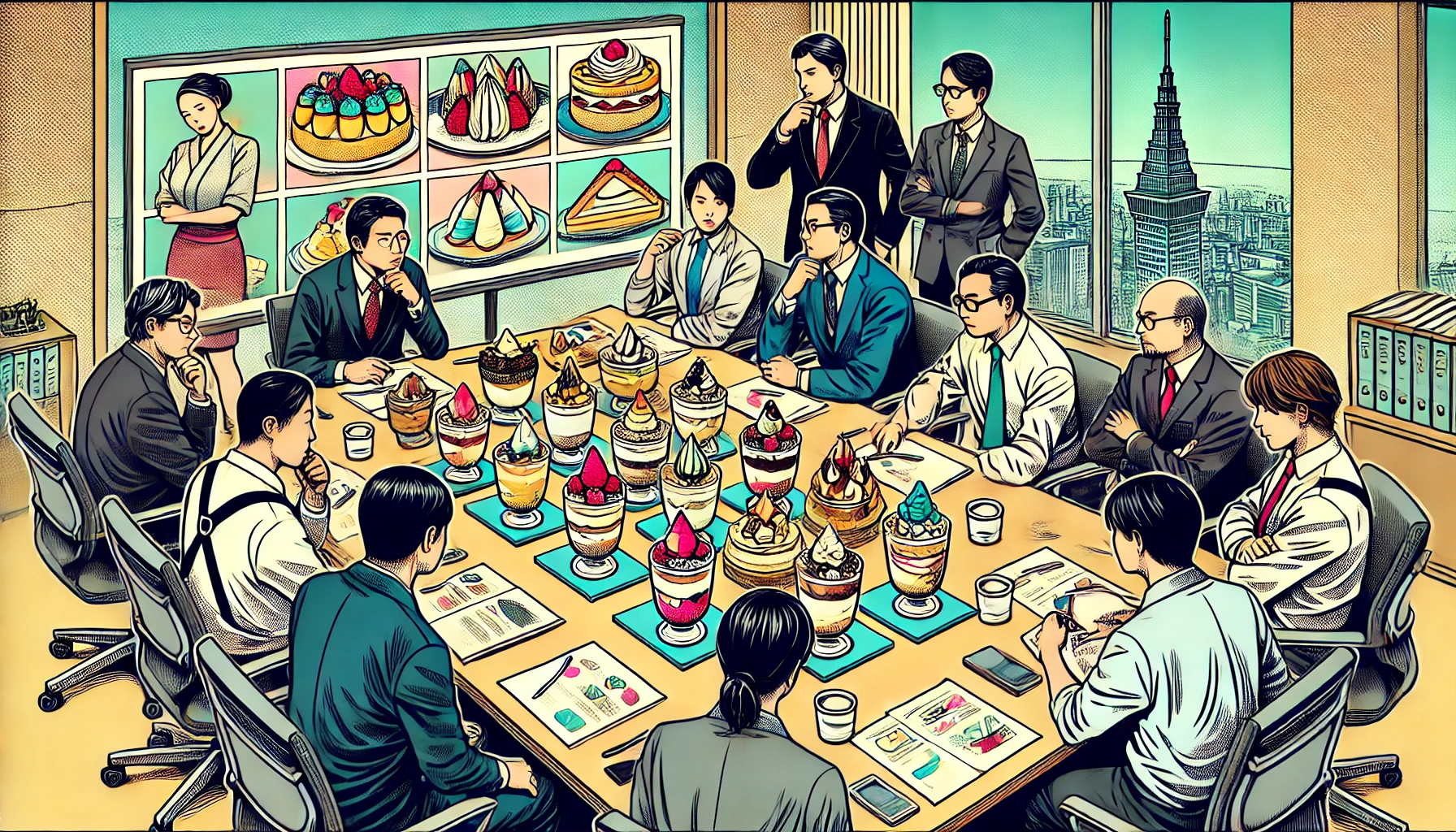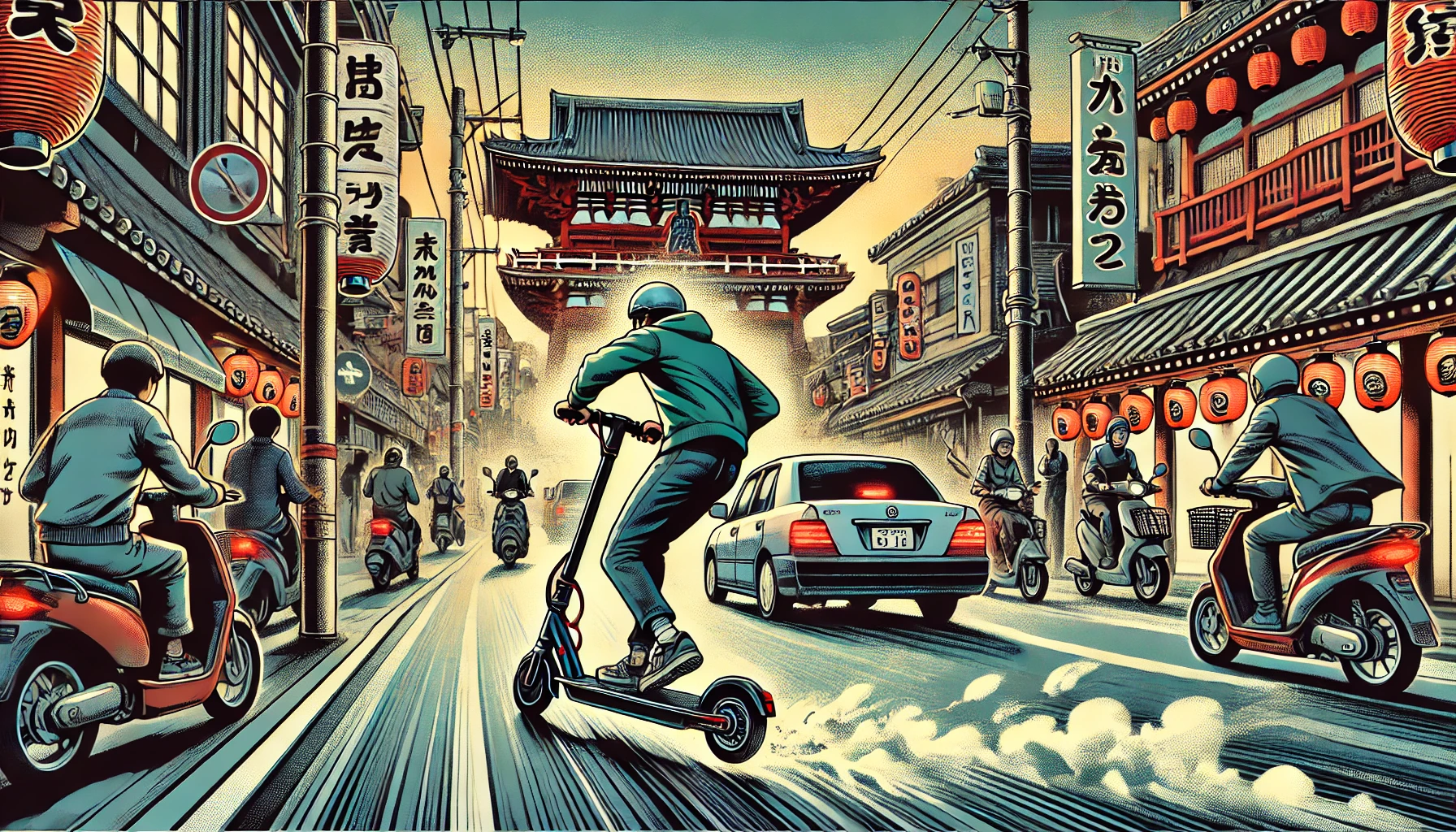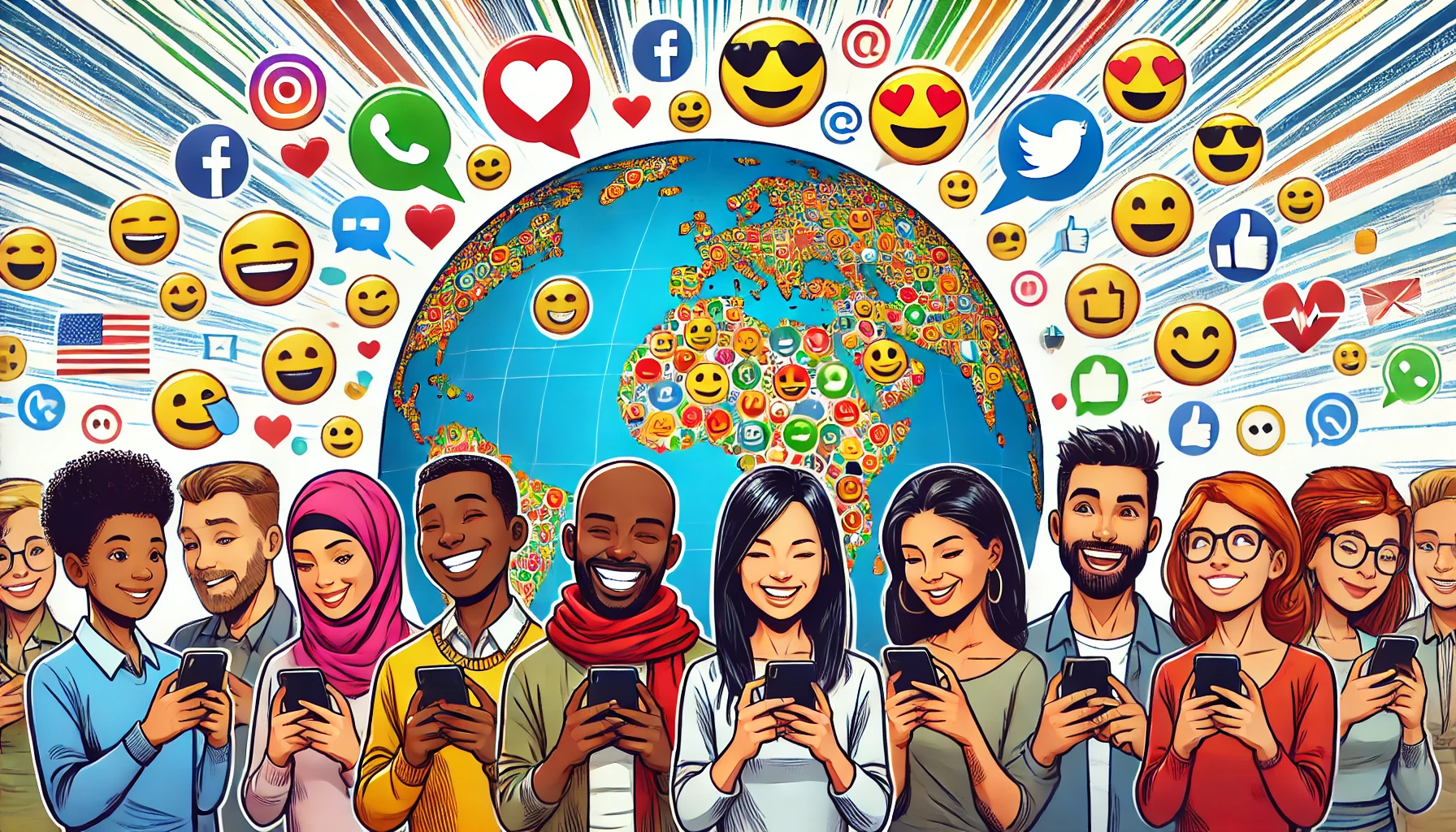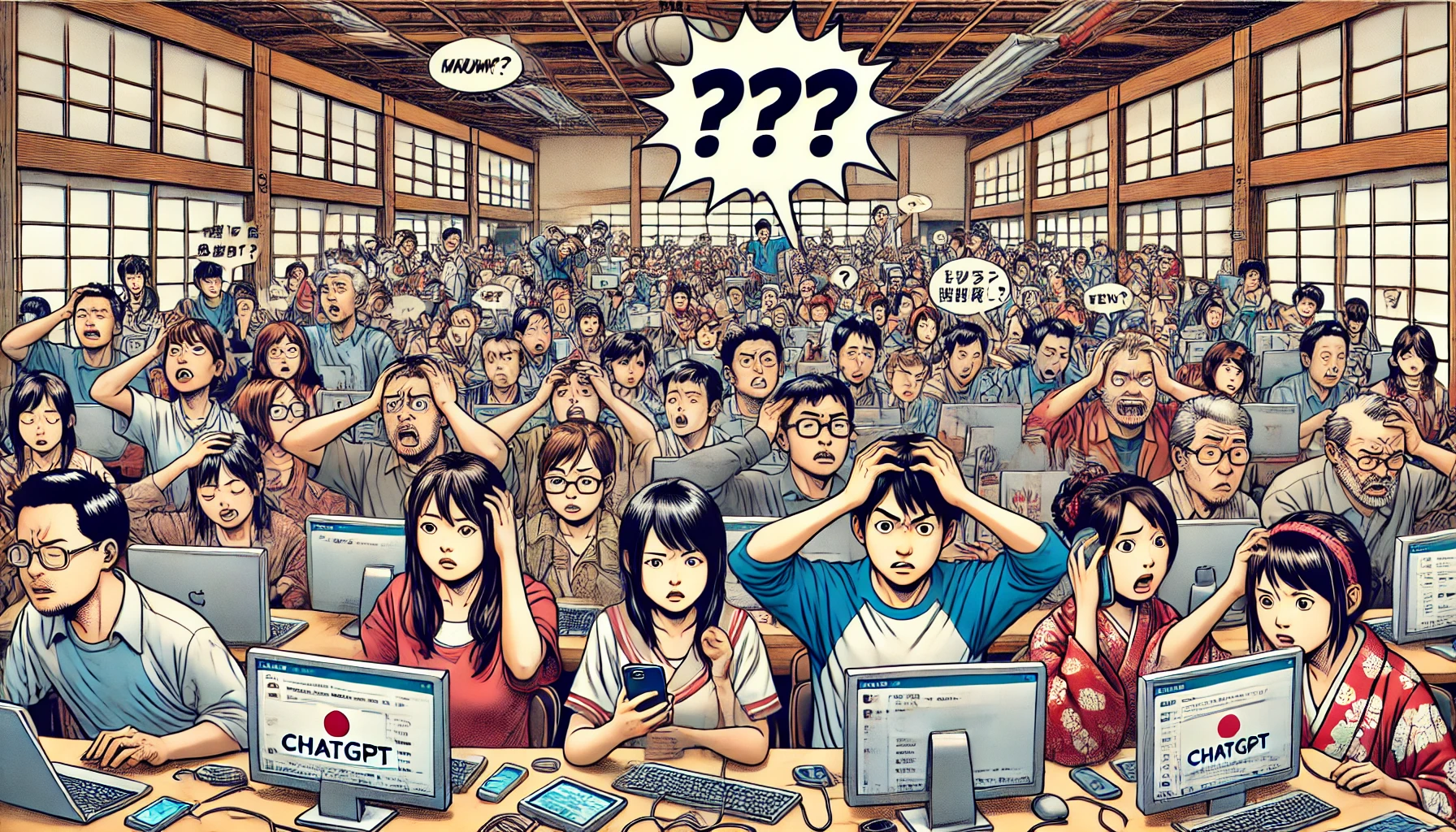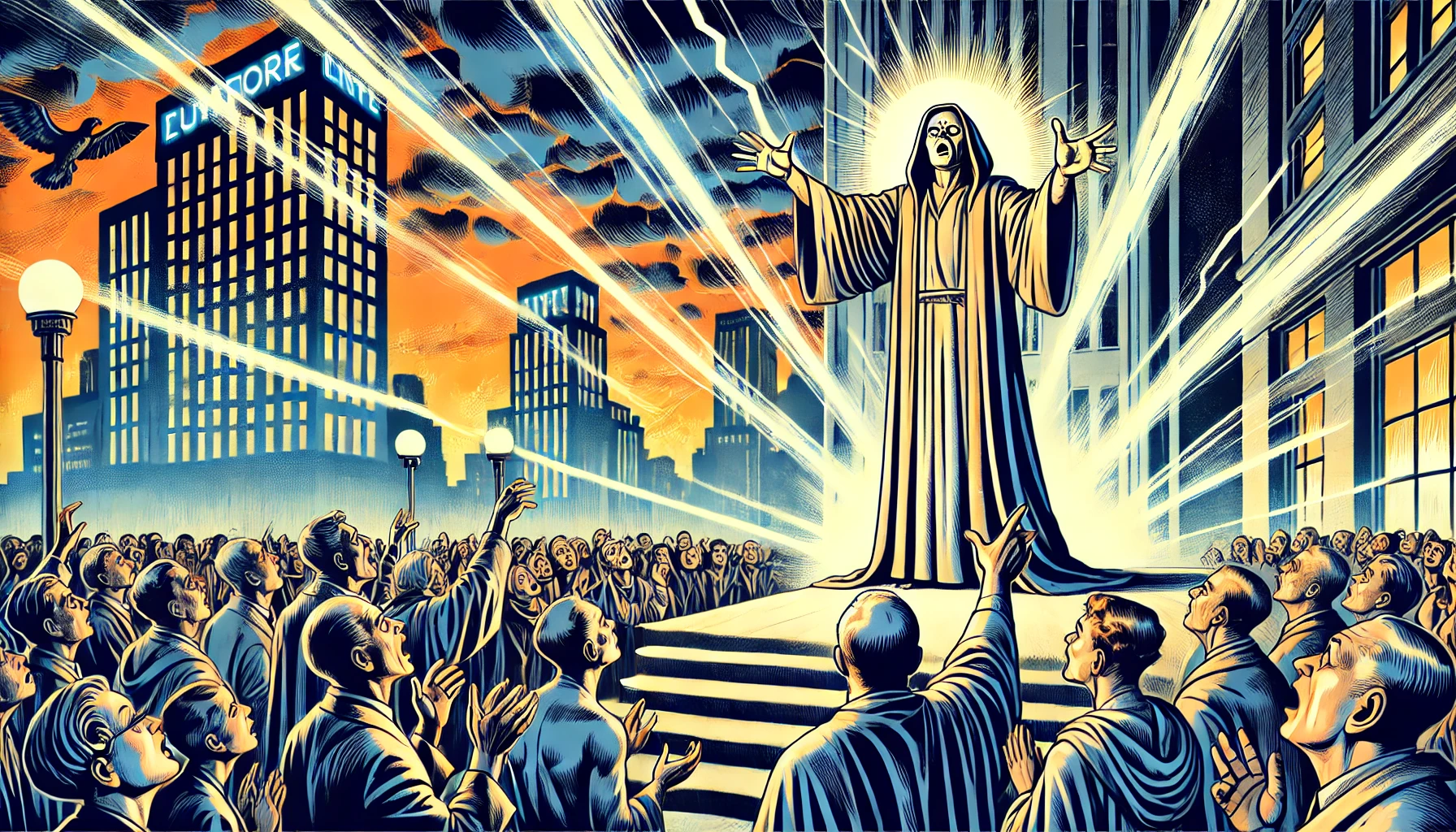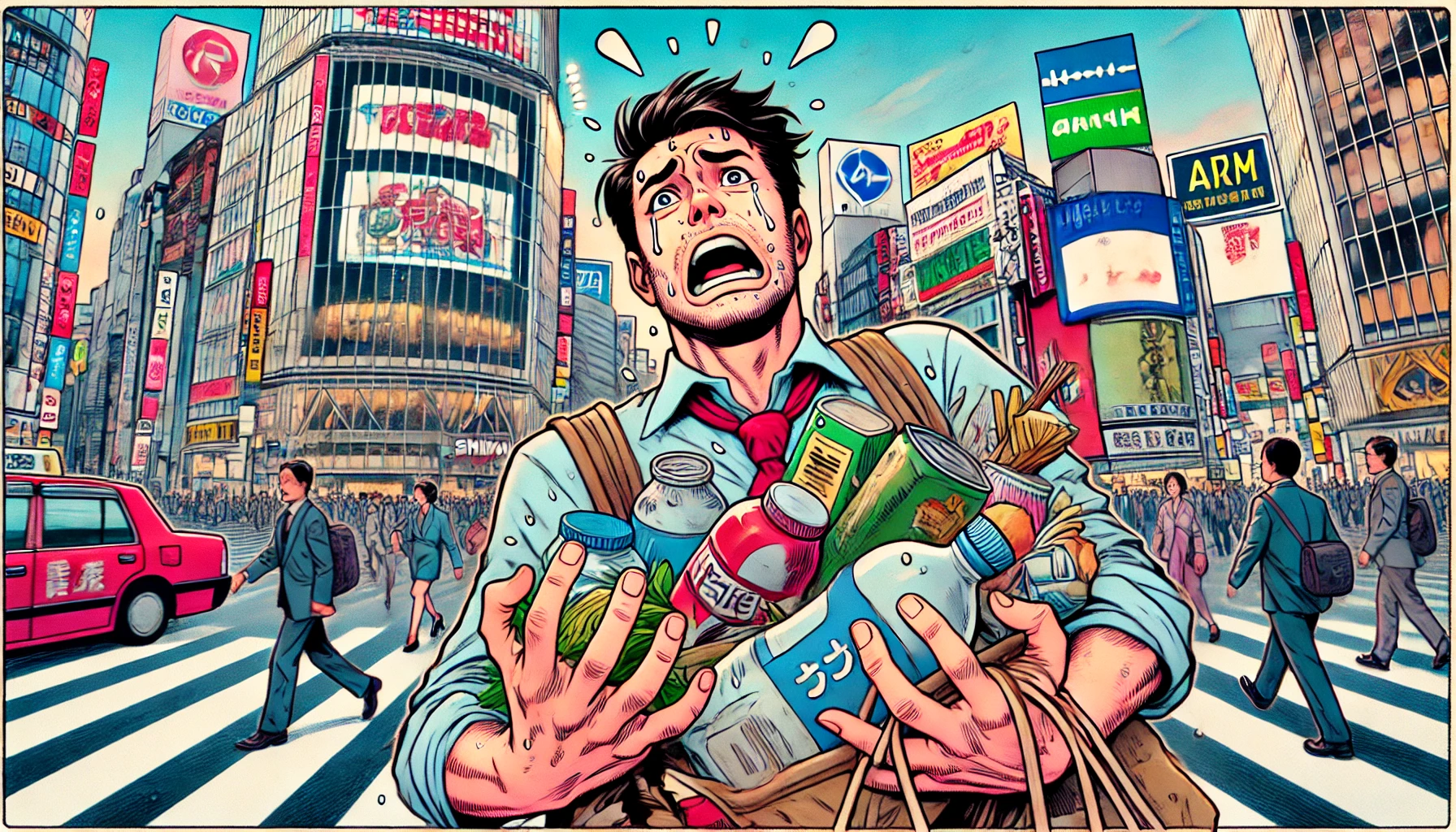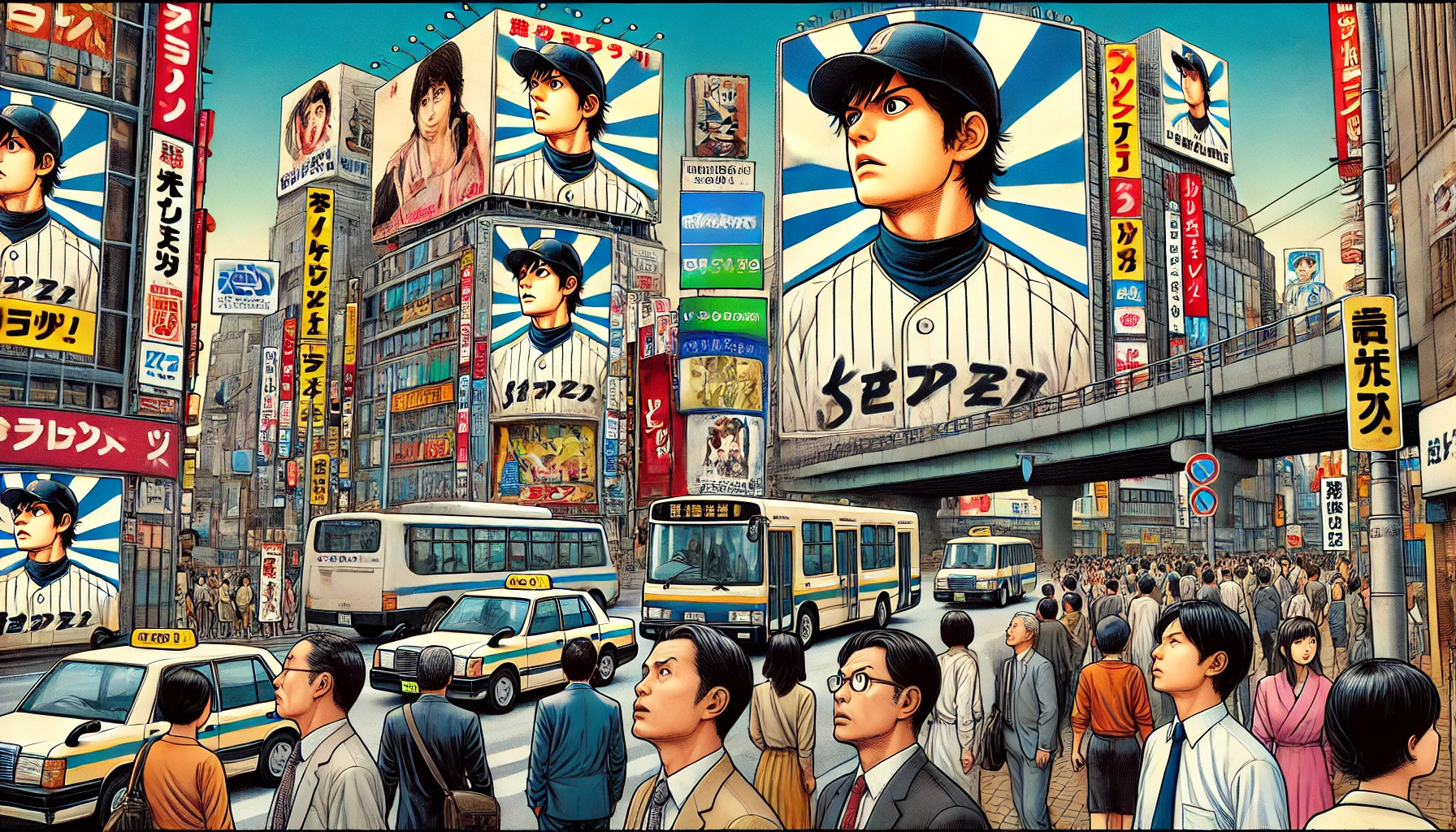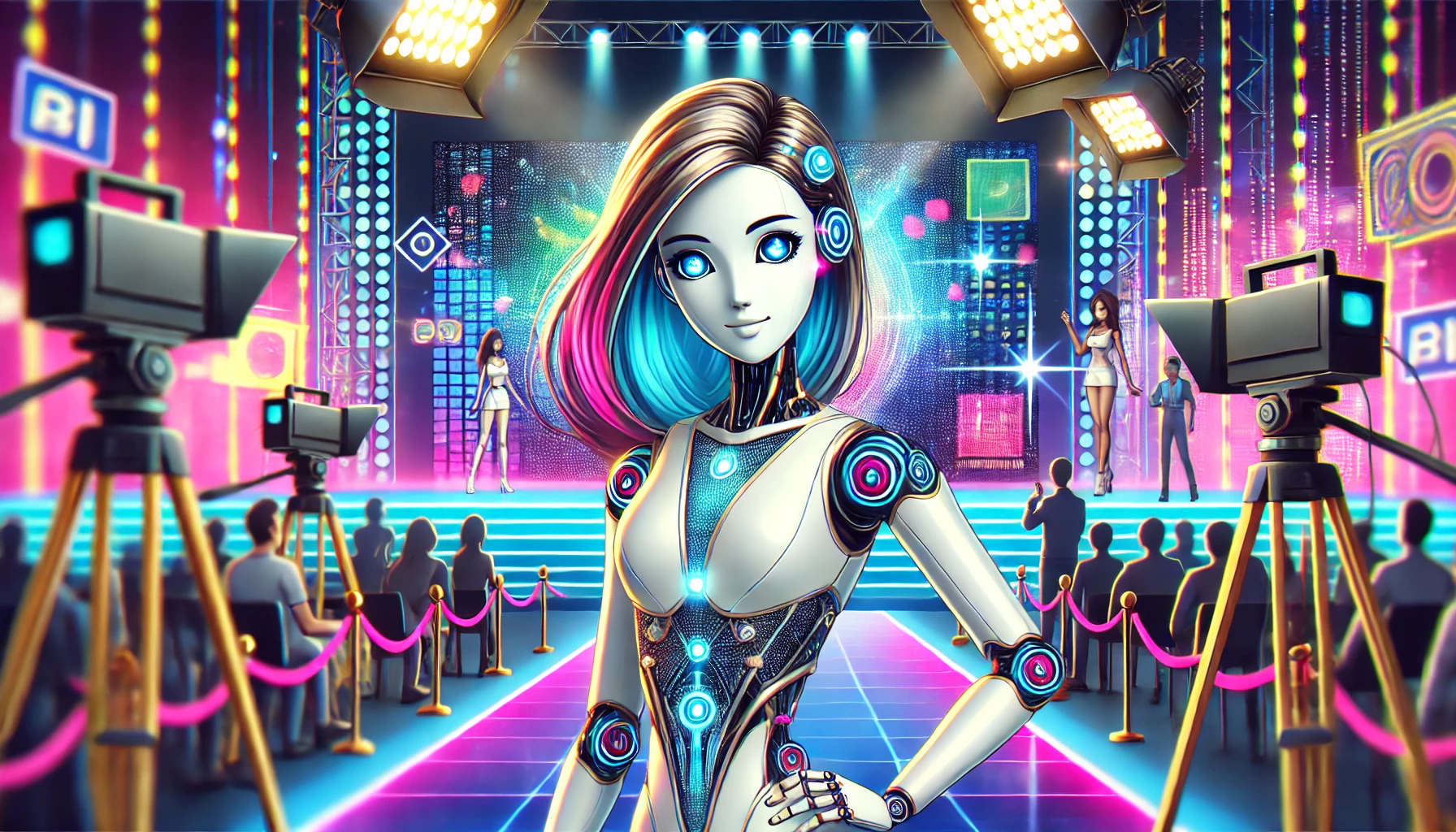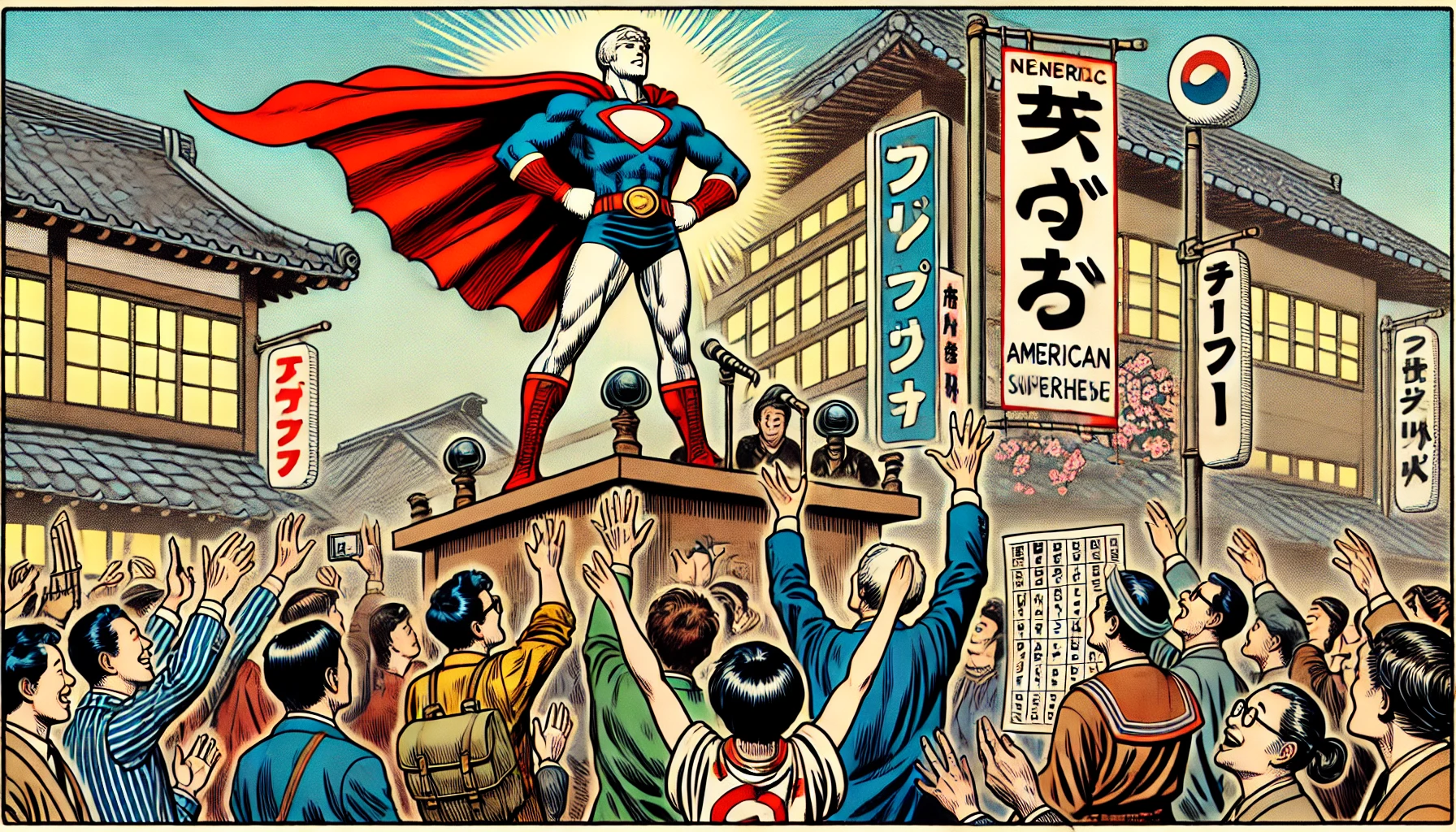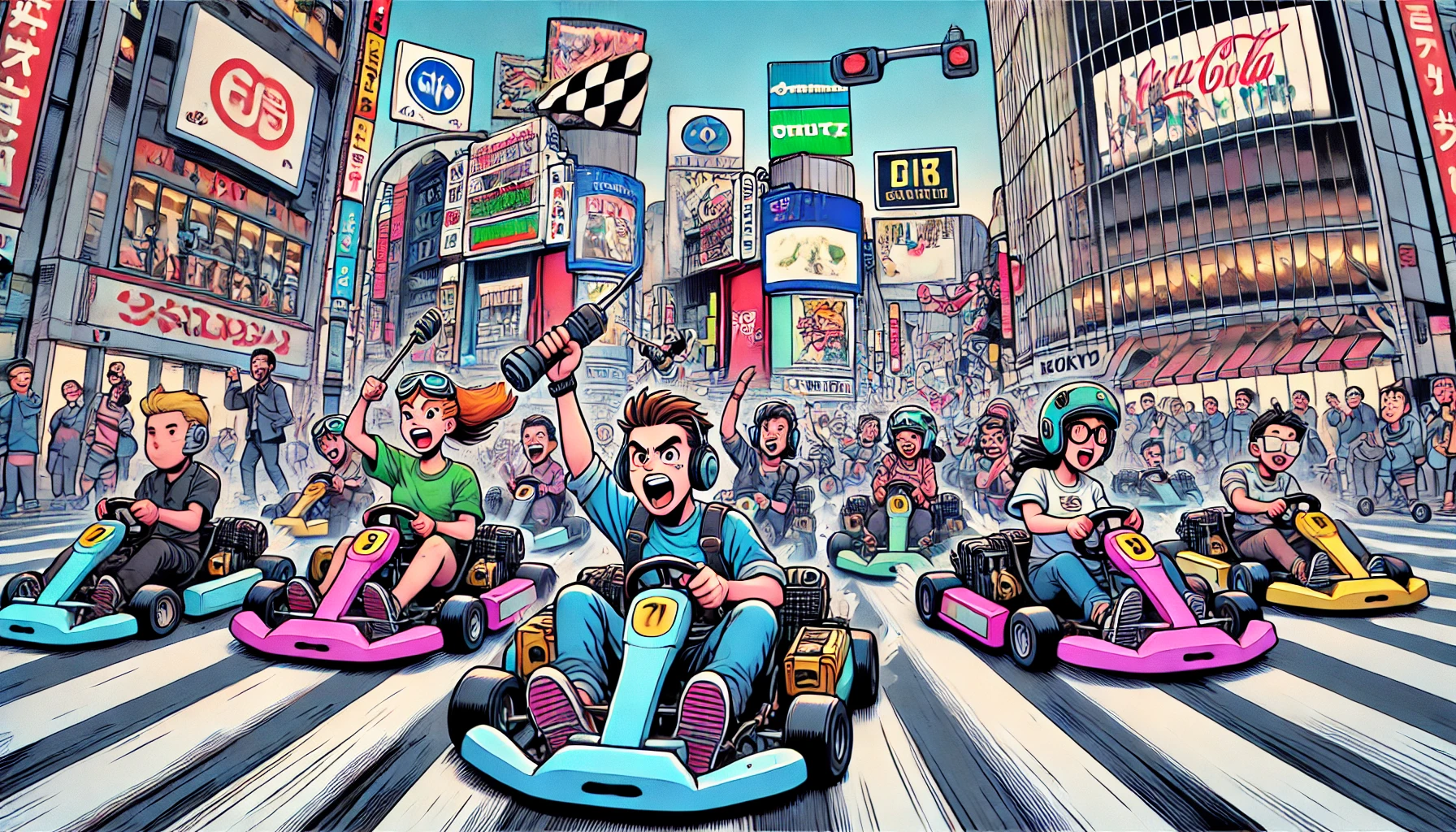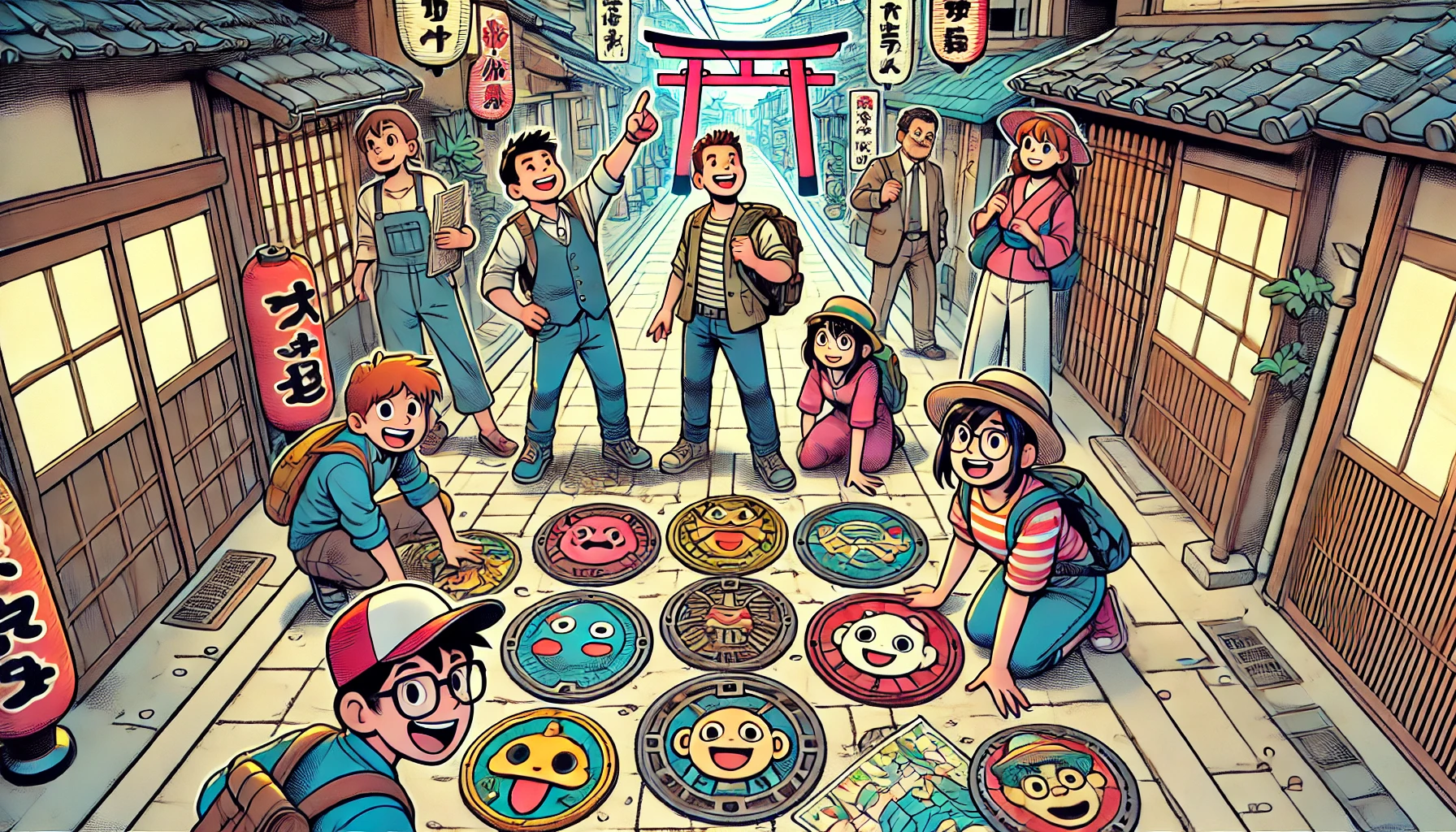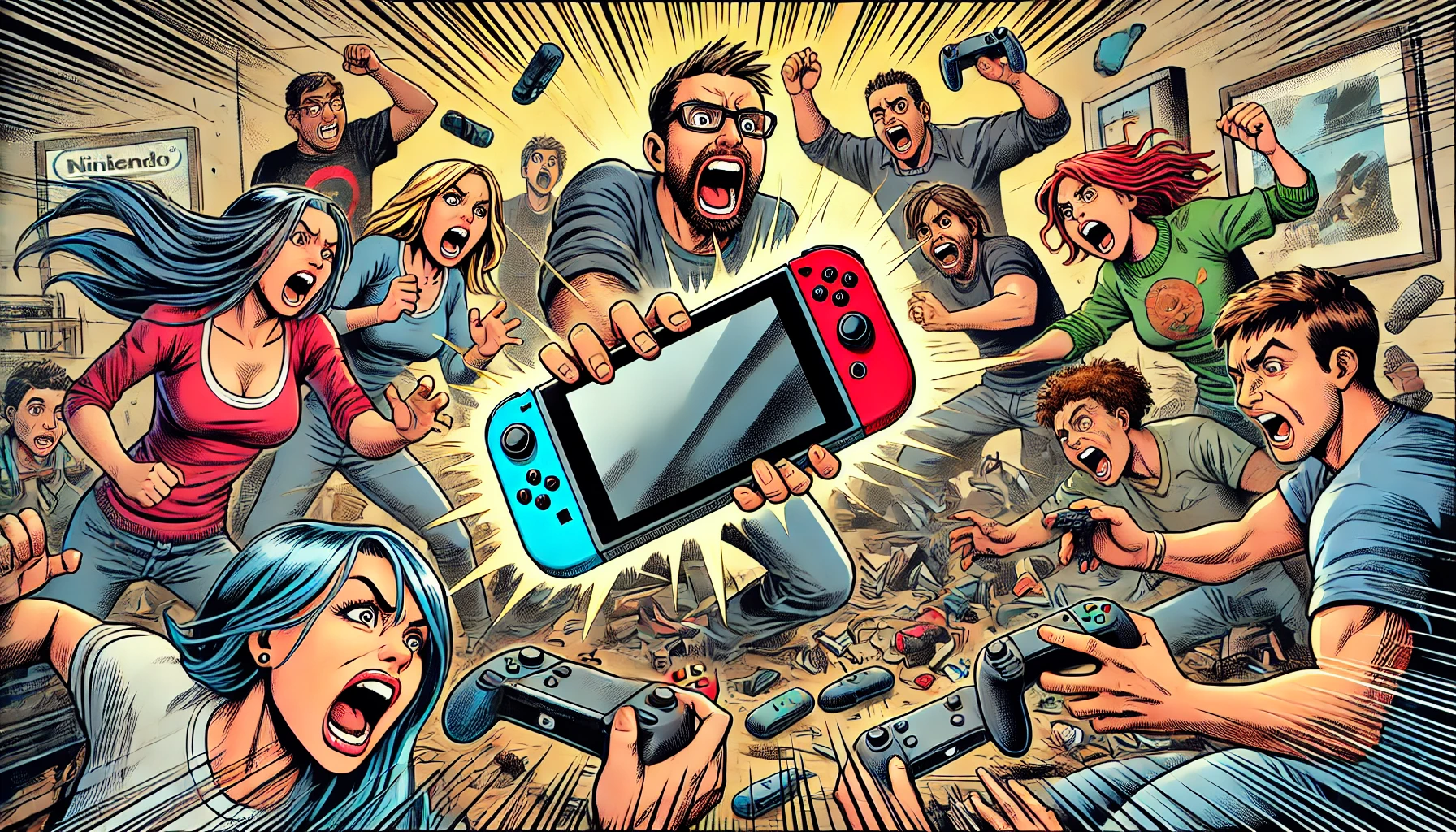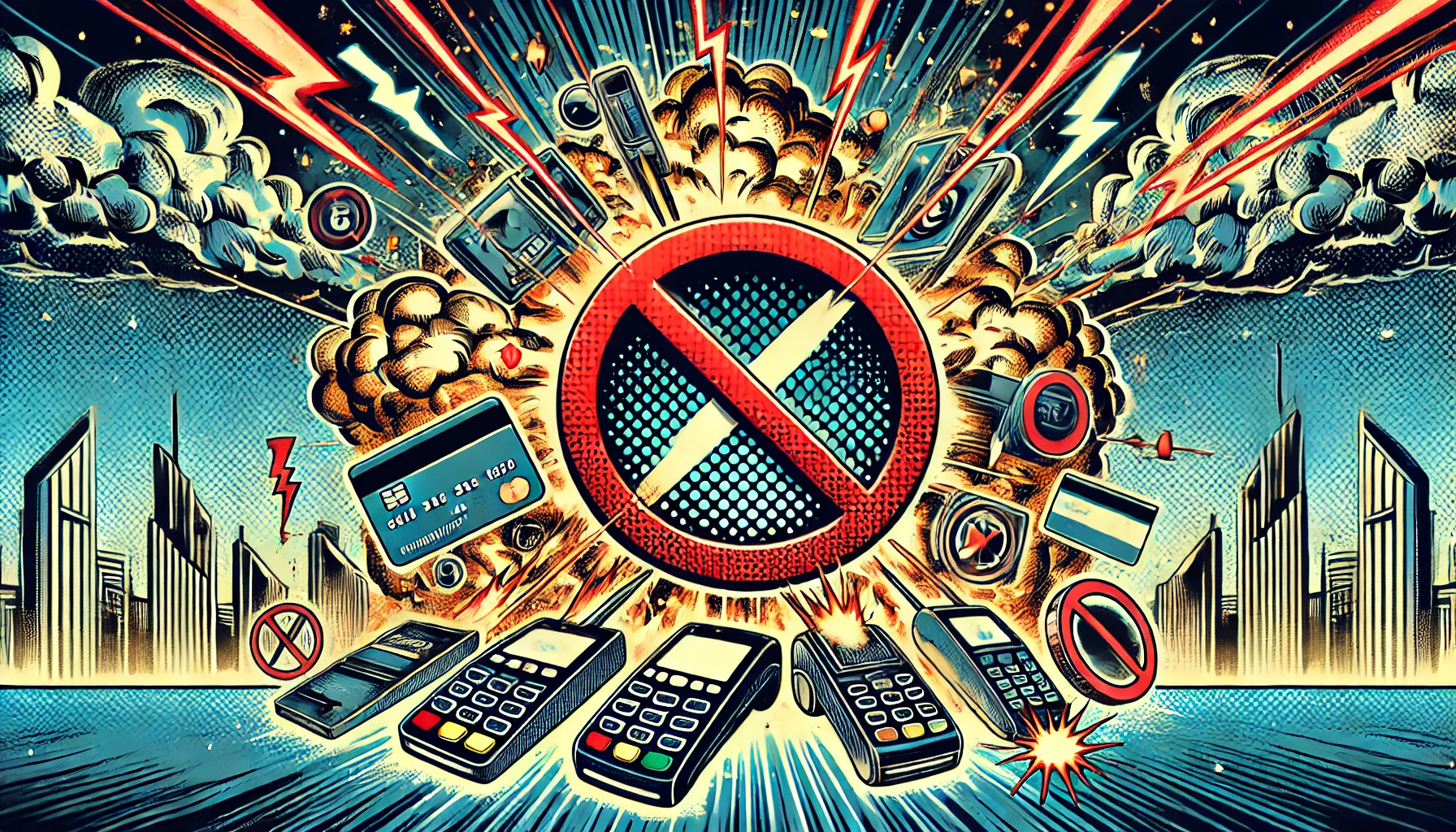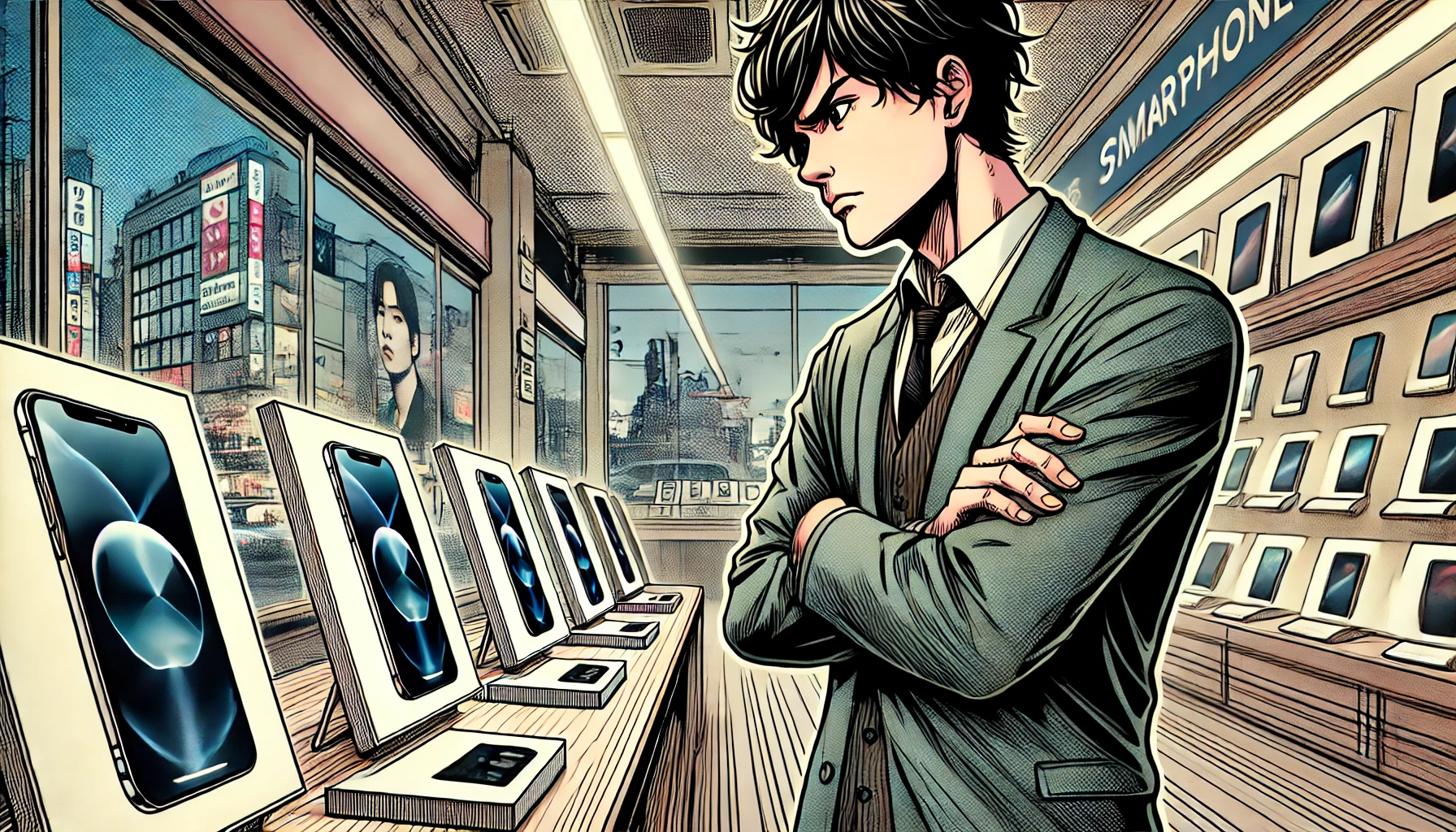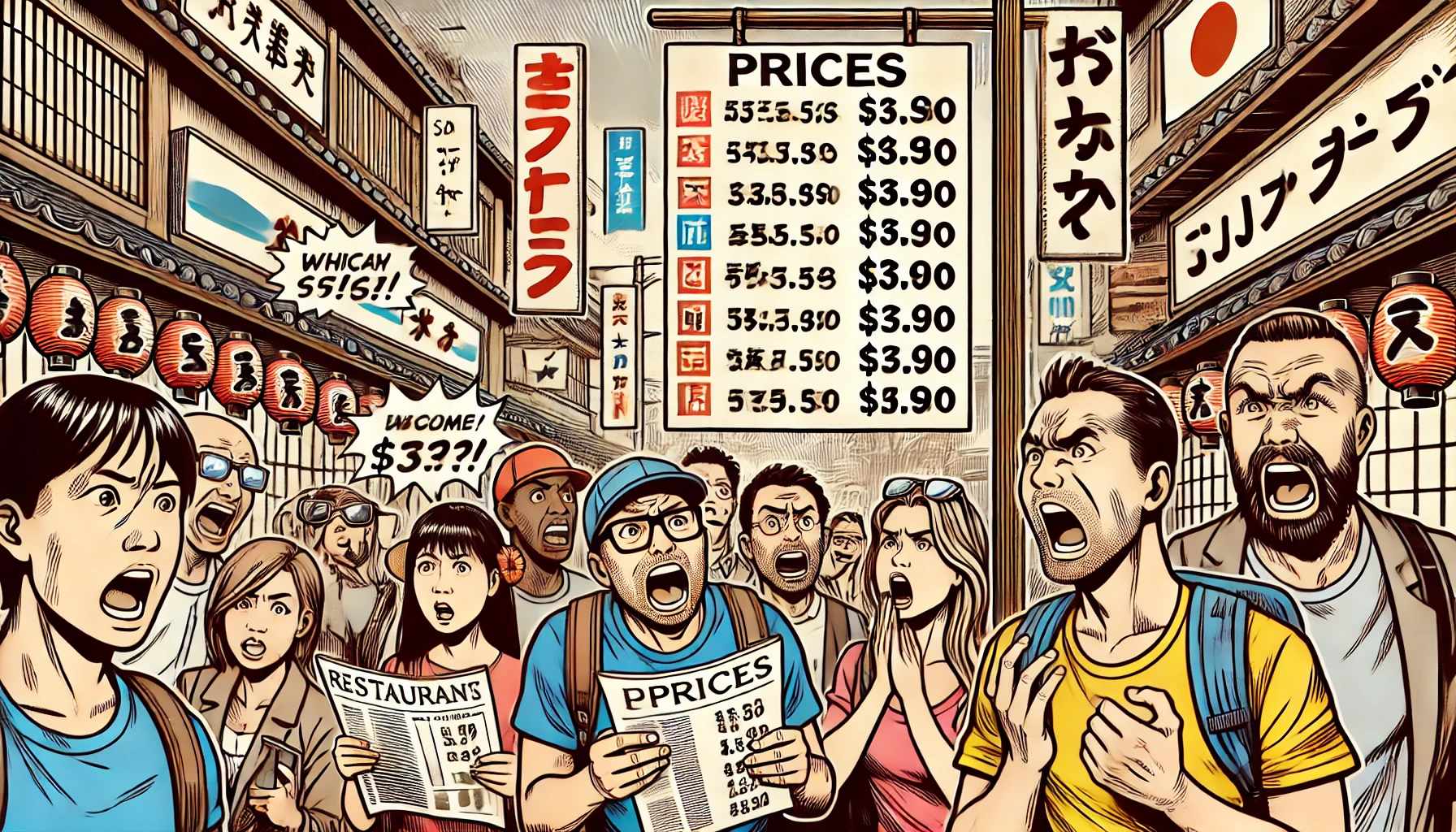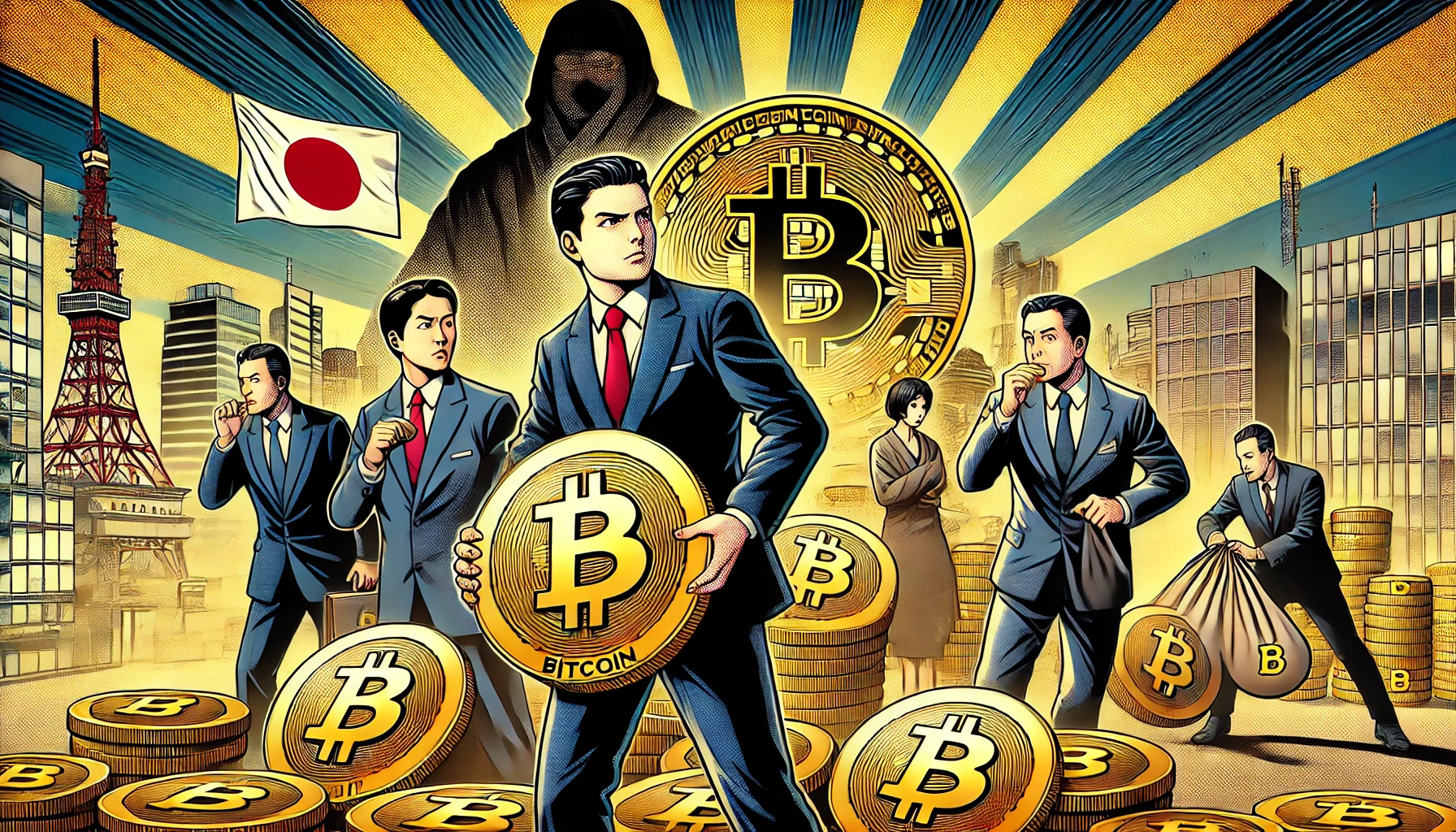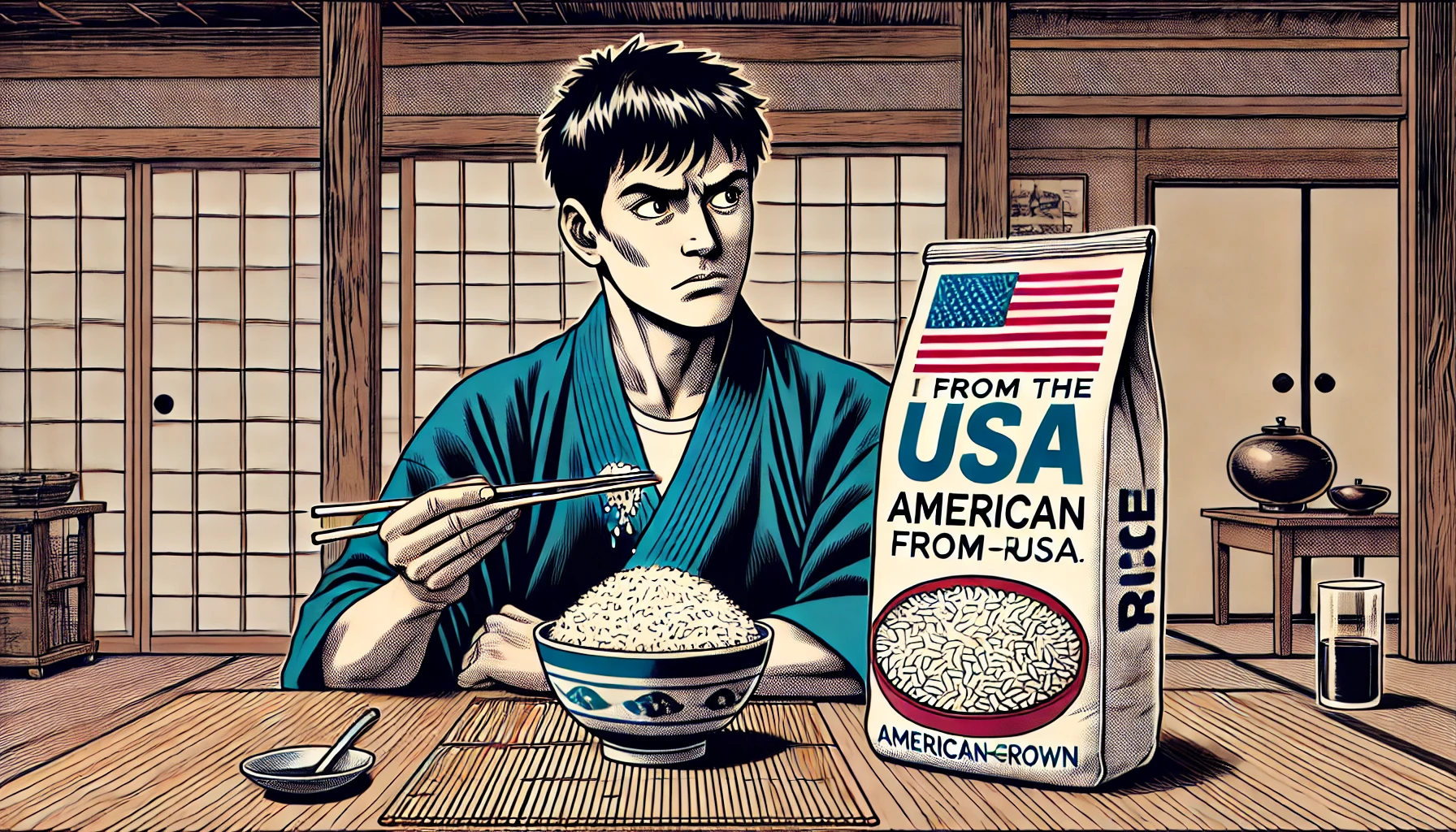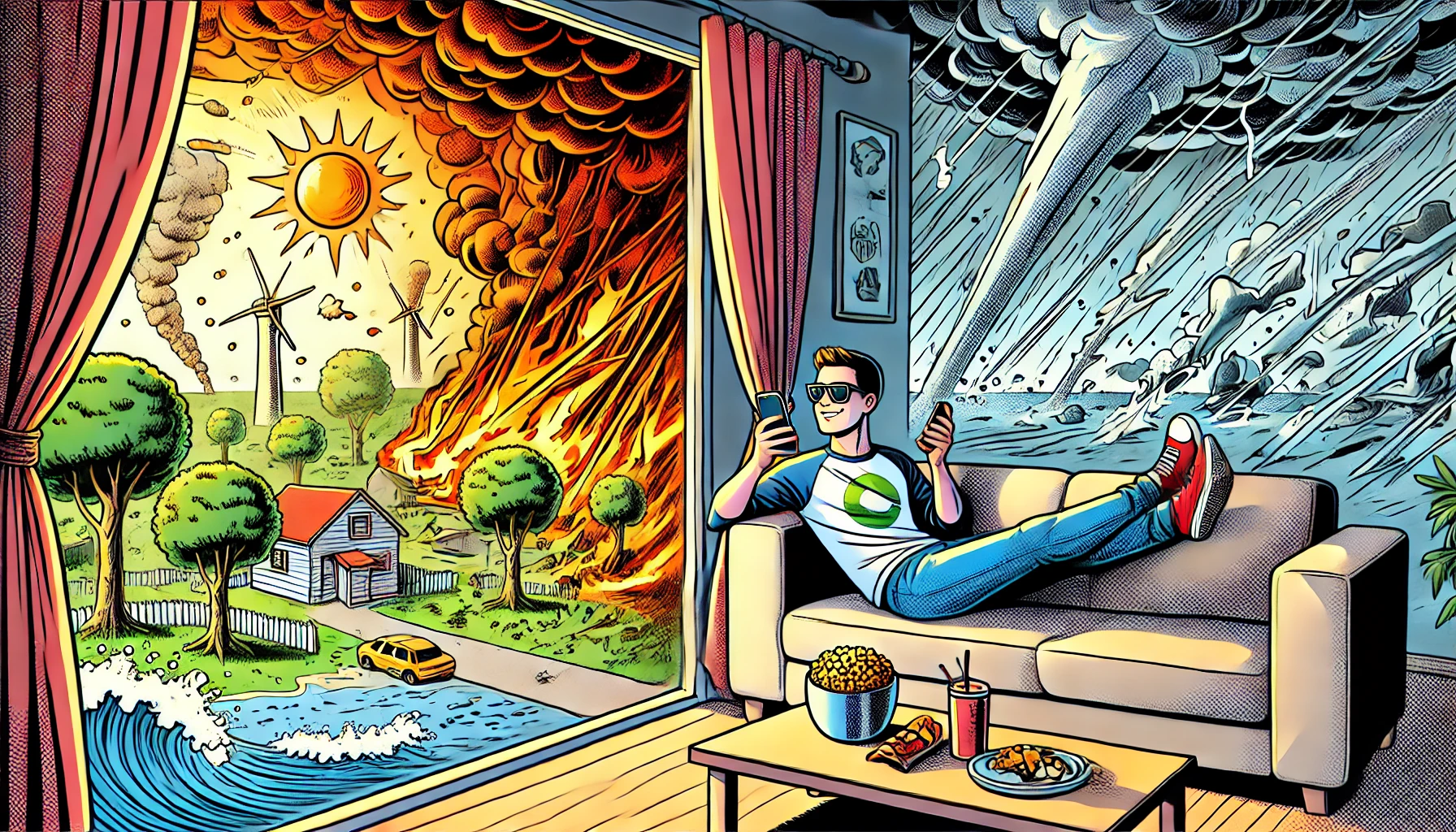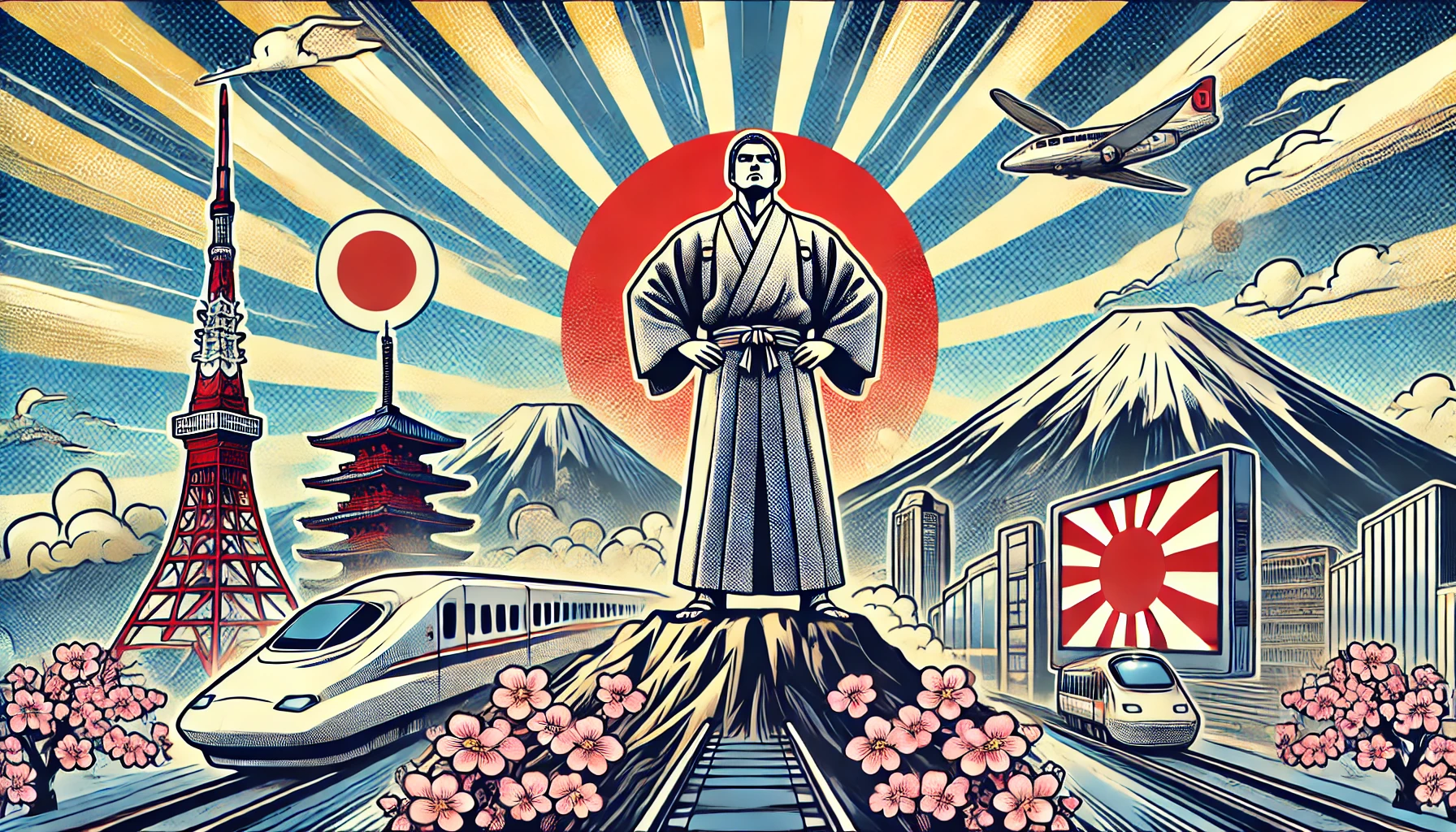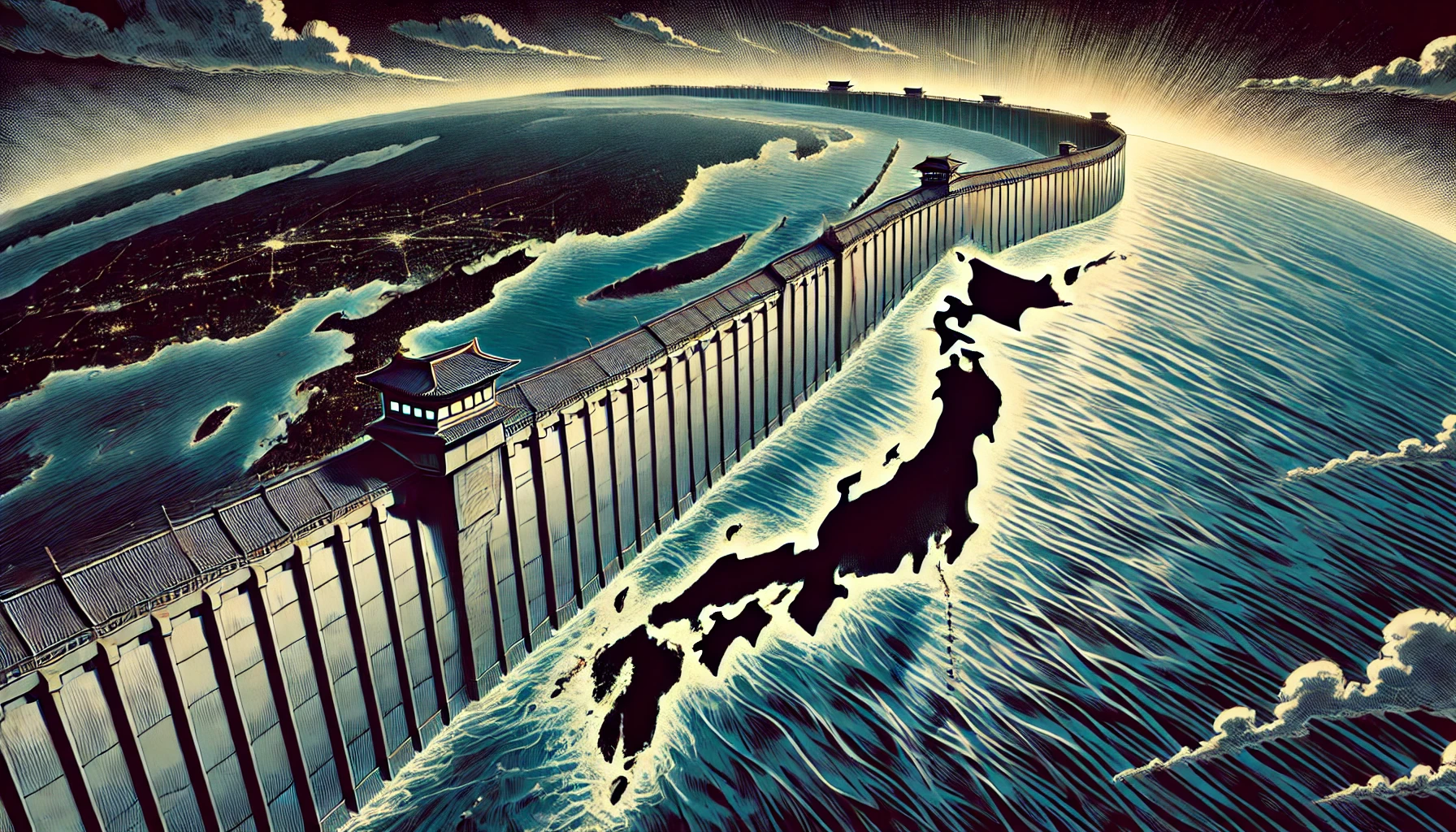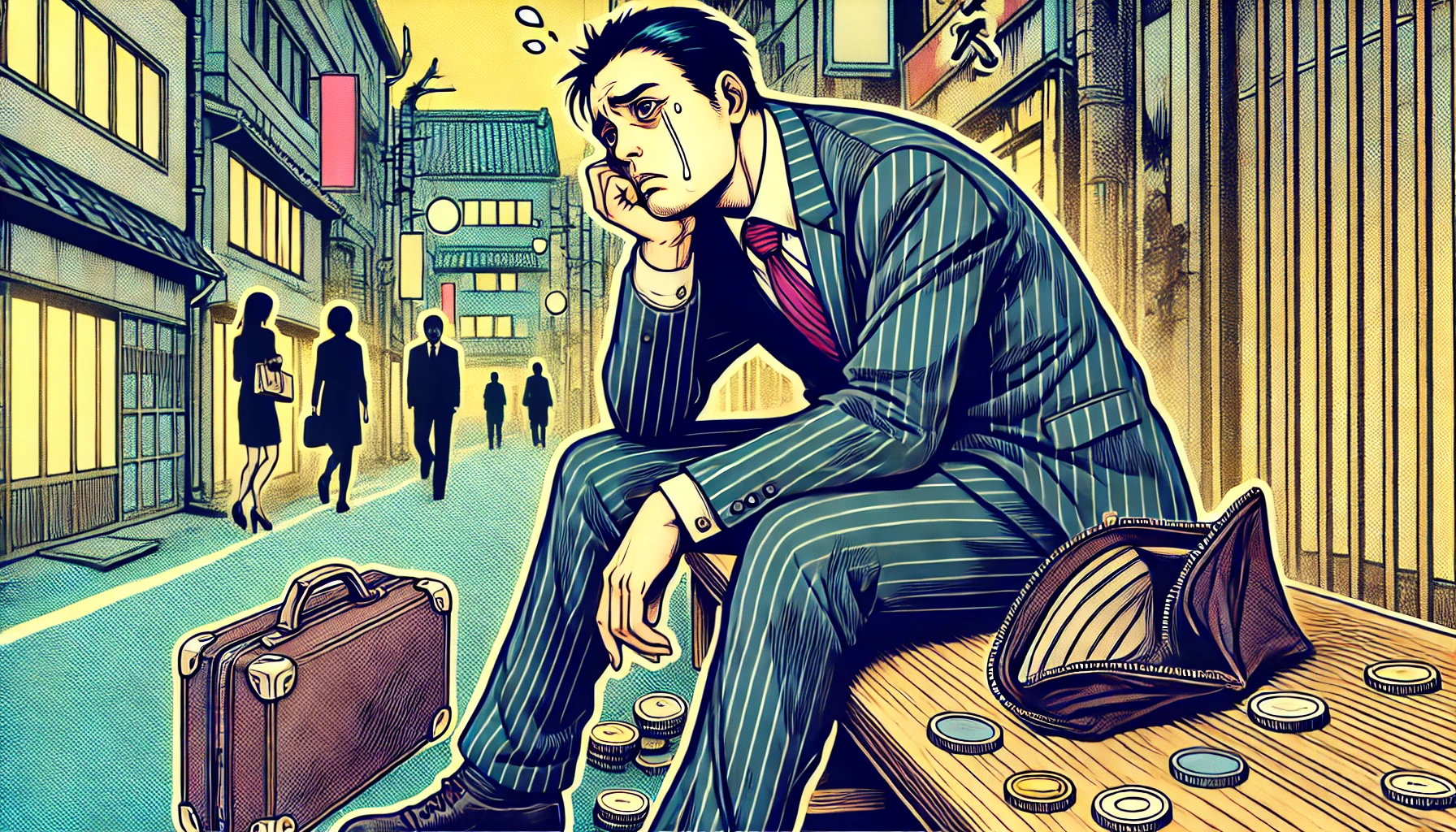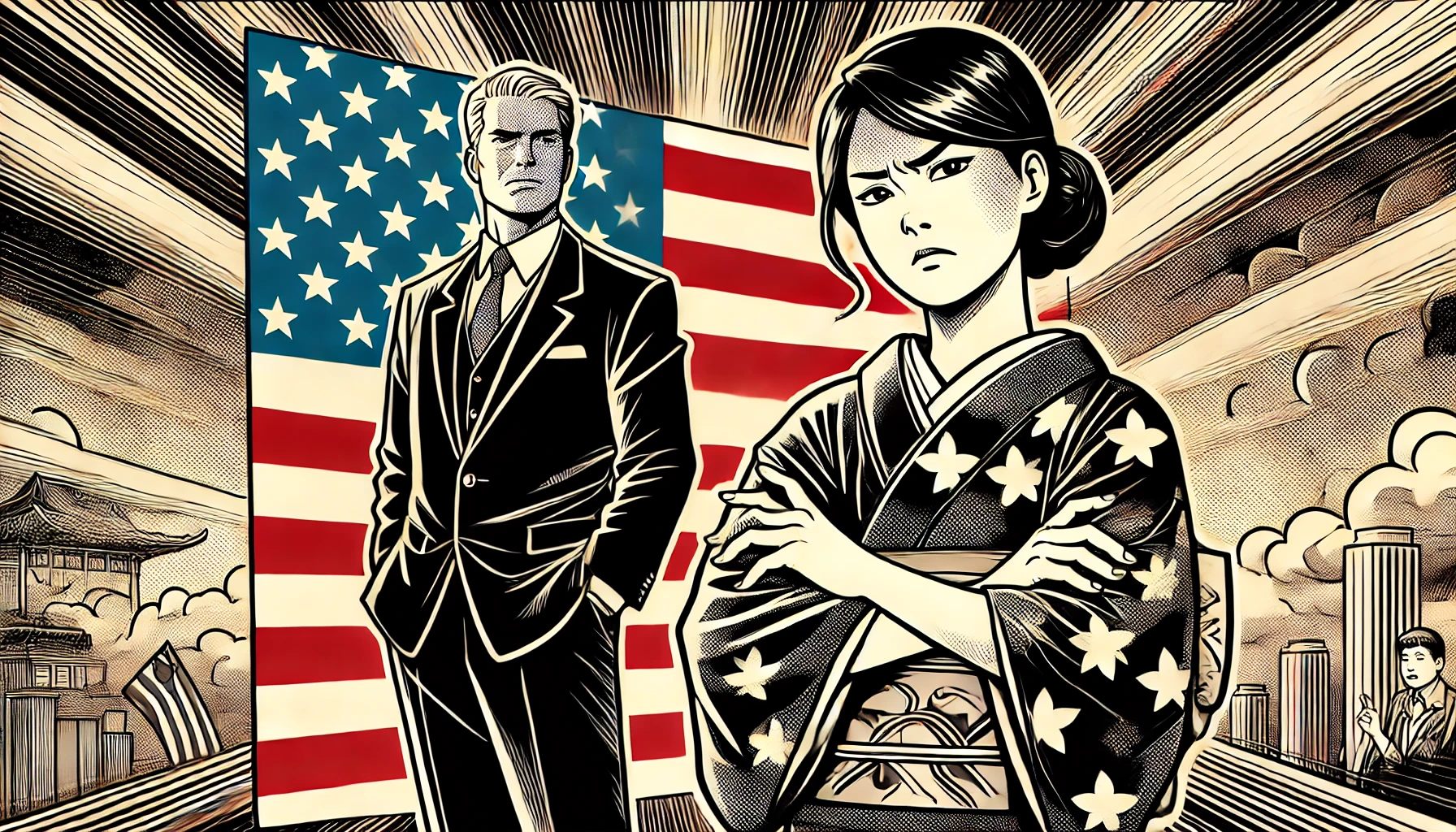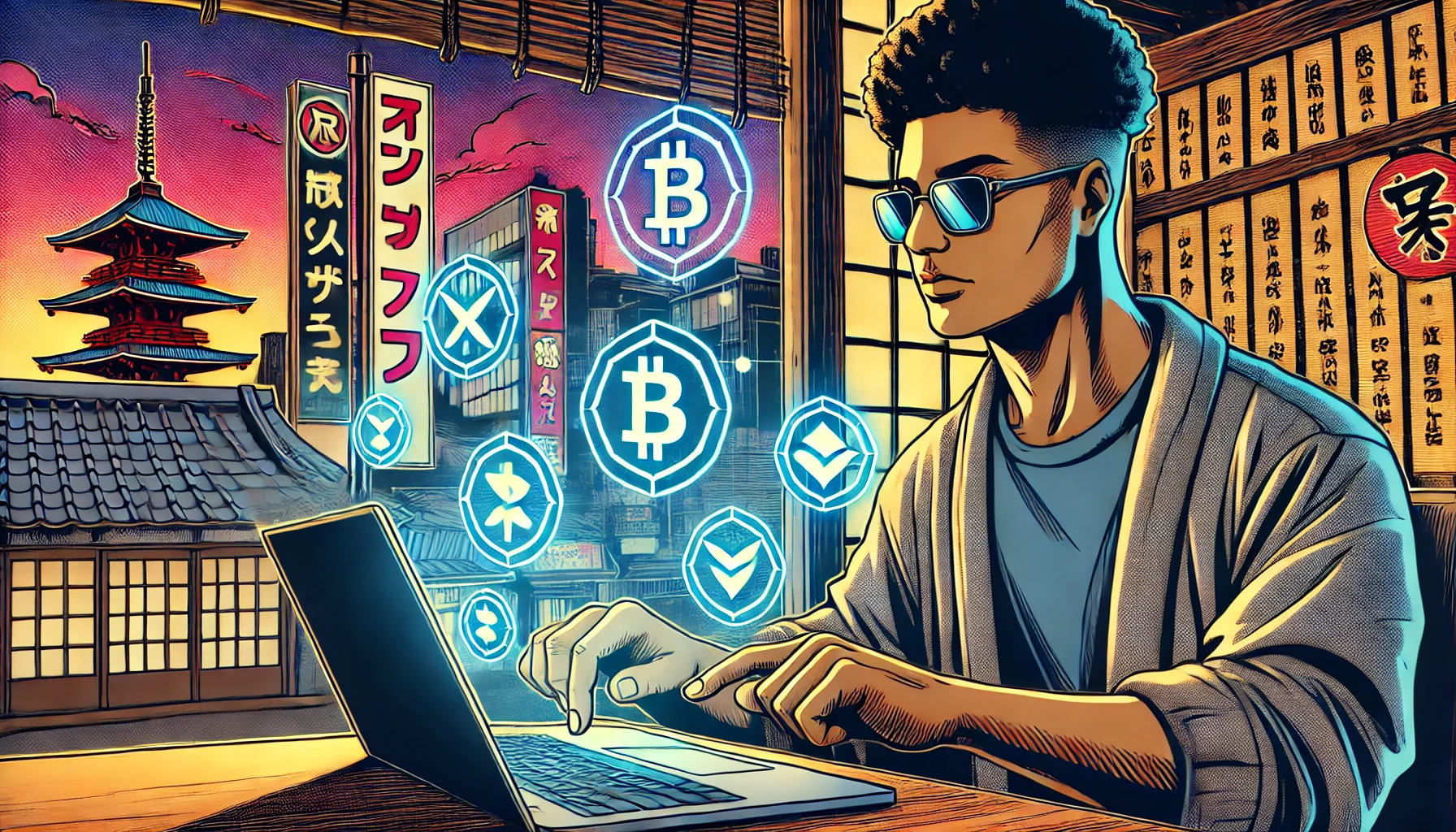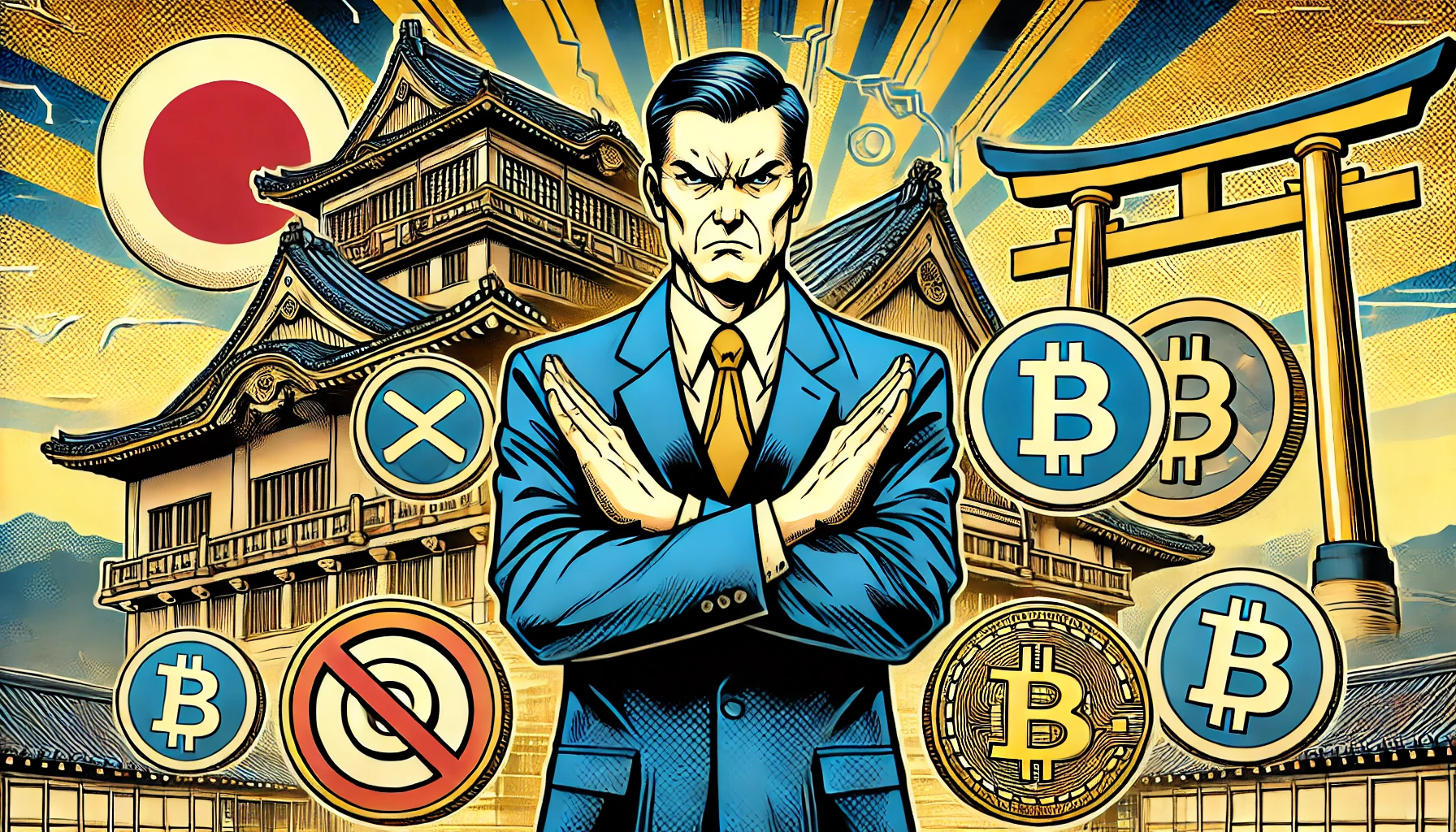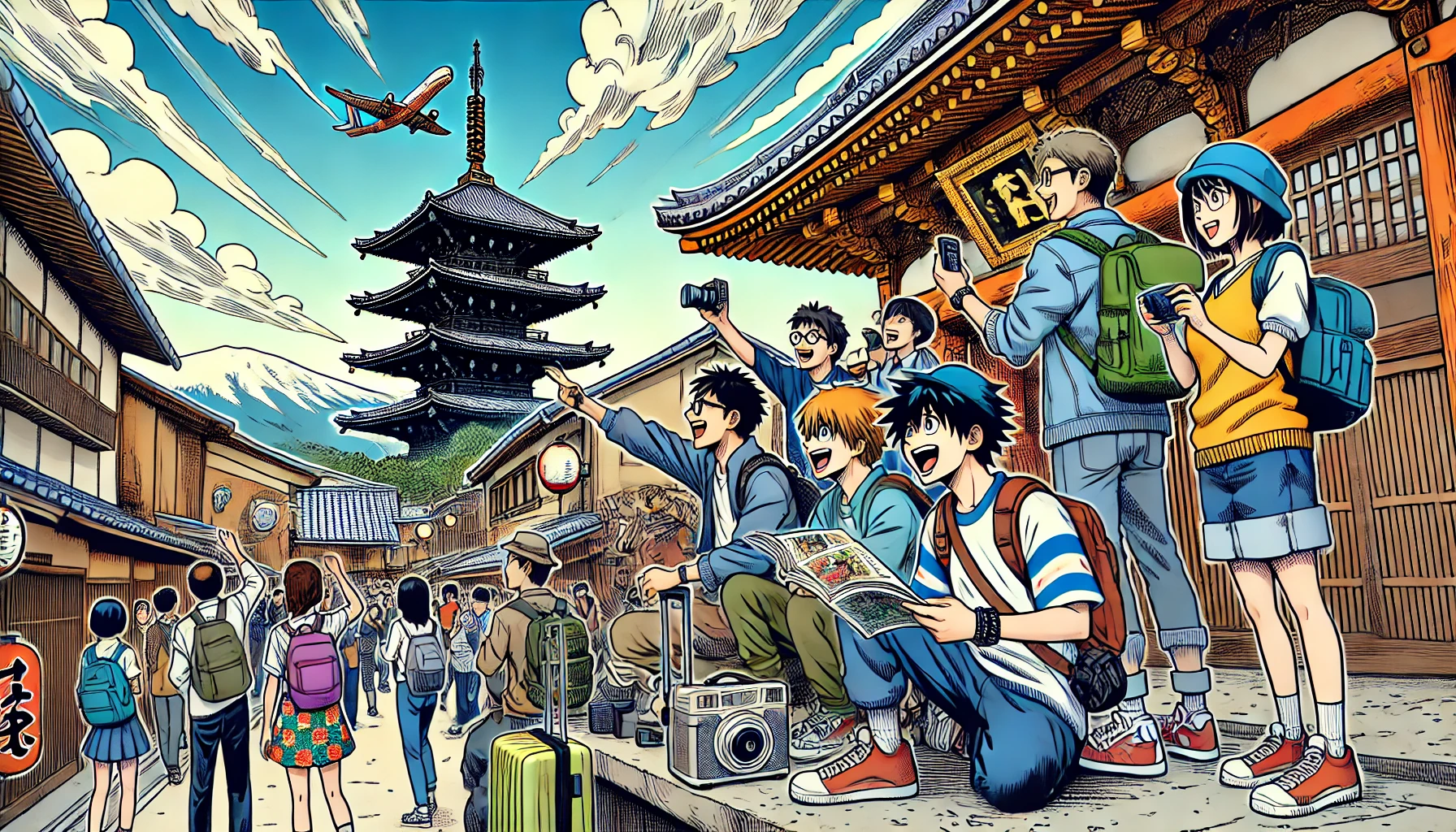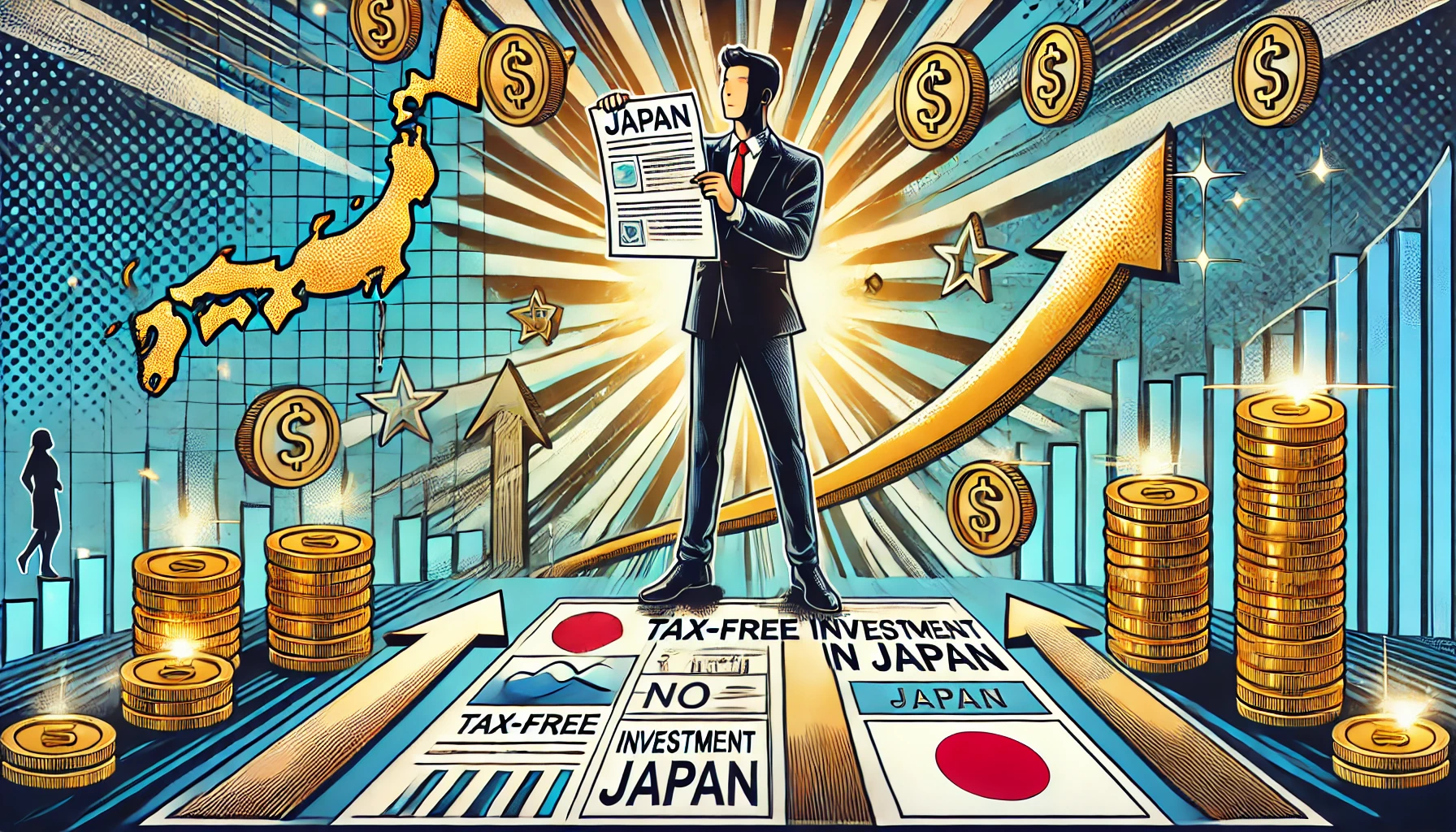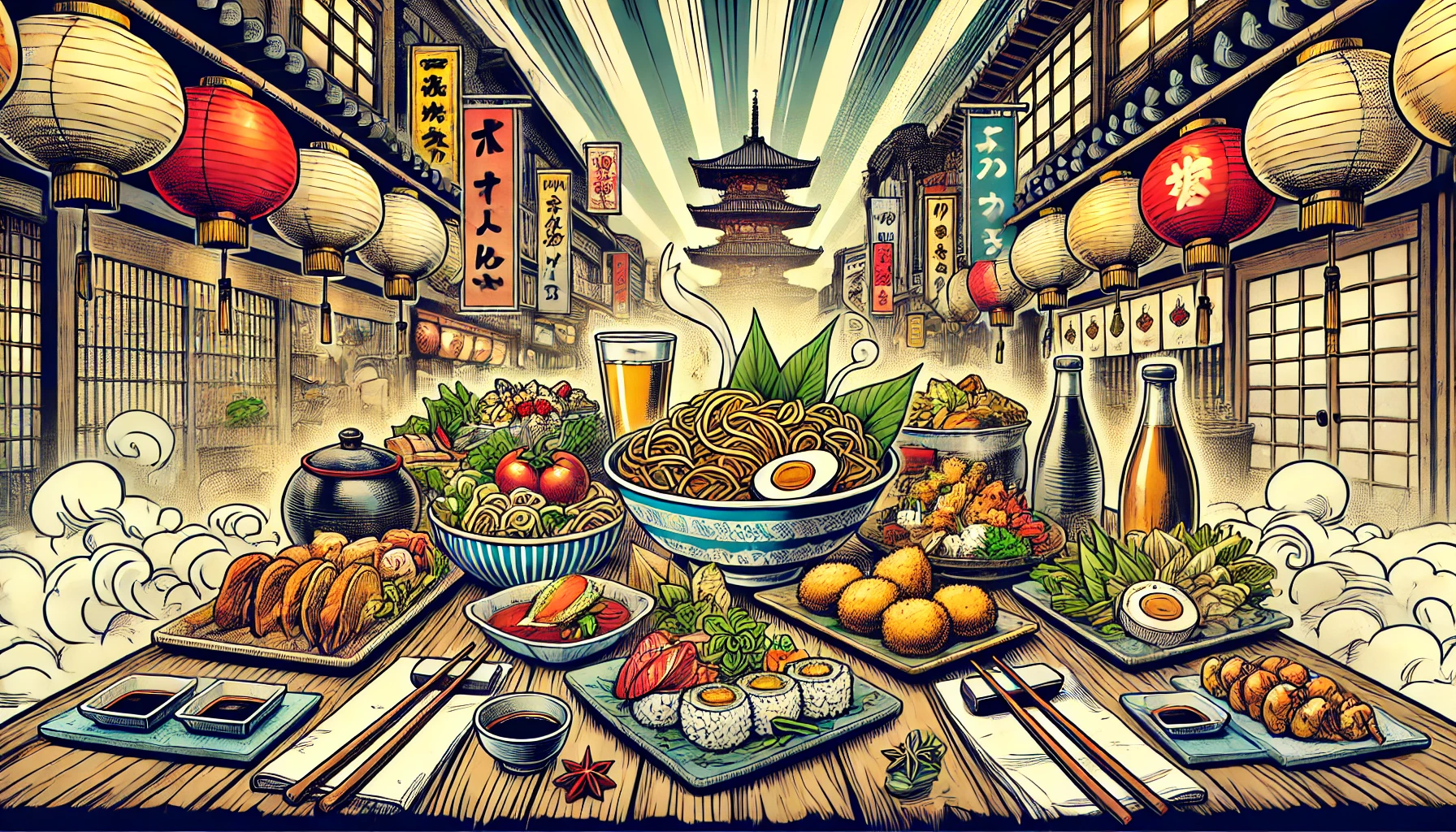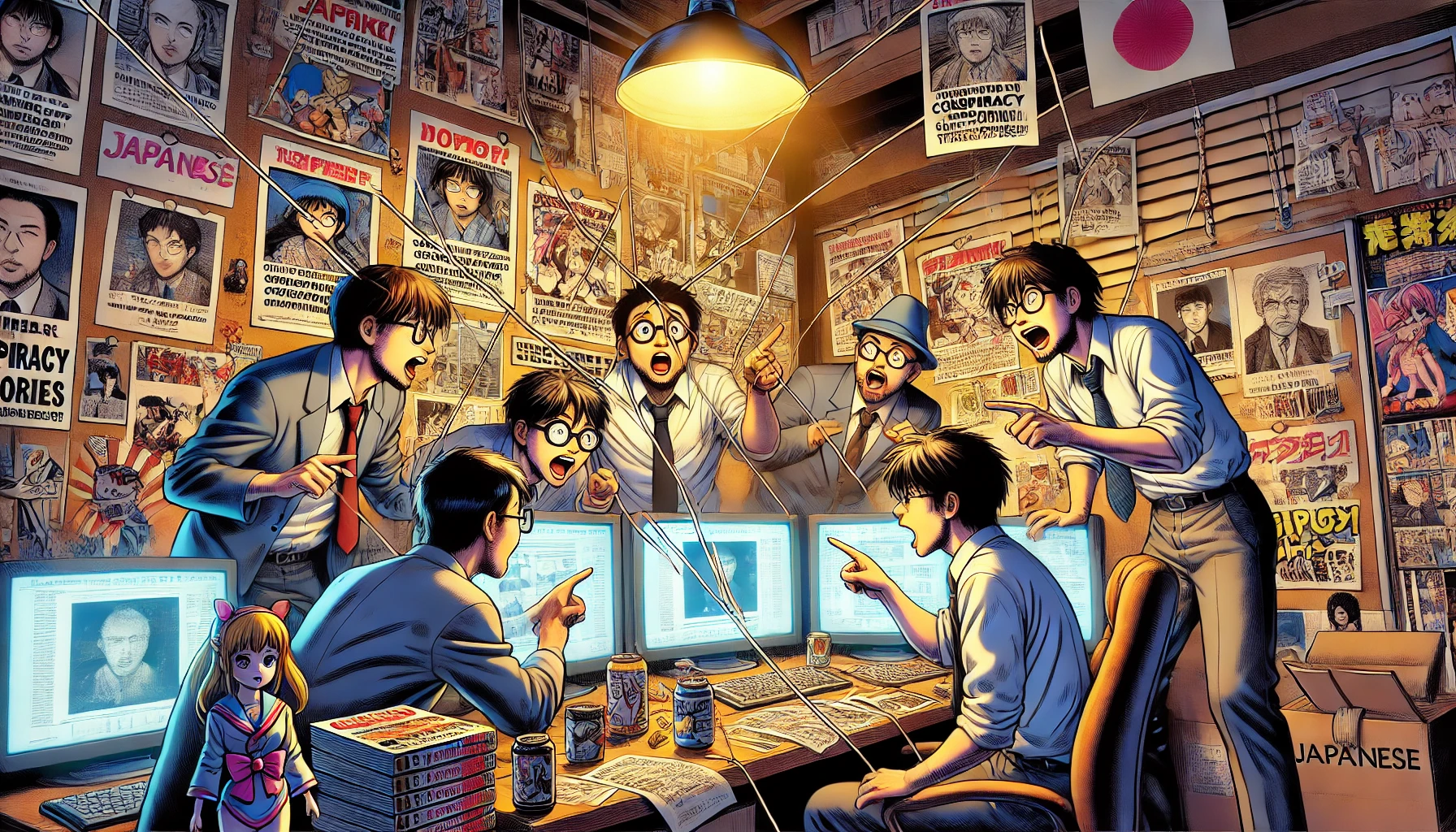
Conspiracy theories have long fascinated people around the world, and Japan is no exception. While the term “Deep State” is more commonly associated with U.S. politics, many Japanese also speculate about unseen forces pulling the strings behind the scenes. But does Japan really have a “deep state”? And why do conspiracy theories attract so much attention in modern Japan?
Let’s take a closer look at the most well-known conspiracy theories in Japan — and why they continue to spread 🧩
🕵️ What Is the “Deep State” in a Japanese Context?
In Japan, the idea of a “Deep State” isn’t often used in the same way as in the West. However, many believe that unelected elites — such as bureaucrats, legacy business groups, or even media organizations — influence national decisions behind closed doors.
The Japanese equivalent might be the term “官僚支配” (kanryō shihai, or “bureaucratic rule”), referring to the long-standing power of elite ministry officials who often continue to influence policy even after politicians change.
🔍 Popular Japanese Conspiracy Theories
Here are several conspiracy theories that have gained traction in Japan over the past decade:
1. The Imperial Bloodline Manipulation Theory
📜
Some people believe that Japan’s imperial family has secret bloodline connections that were manipulated post-WWII by foreign powers. They claim that certain records were hidden or altered by the U.S. during the occupation to serve geopolitical goals. This theory taps into national pride and distrust toward foreign influence.
2. The NHK Mind Control Theory
📺
This theory claims Japan’s national broadcaster NHK emits brainwashing signals or delivers messages to control public thought. While there is no scientific basis, the rise in distrust of mass media — especially after controversial reporting on Fukushima and COVID-19 — fueled this belief.
3. The Tokyo Earthquake Prediction Suppression Theory
🌍
Some conspiracy believers argue that the government has knowledge of upcoming large-scale earthquakes (like the long-feared “Tokai quake”) but is deliberately hiding it to avoid mass panic or economic collapse. This theory often spikes after seismic warnings or large drills.
4. The Vaccine Tracking Chip Theory
💉
Similar to global trends, some Japanese conspiracy groups claimed that COVID-19 vaccines were secretly embedded with microchips to track individuals. Despite strong scientific rebuttals, this theory spread rapidly through Telegram and niche YouTube channels during the pandemic.
5. The Freemason/Yakuza Government Alliance
🕶️
A niche but persistent theory alleges that high-level Japanese politicians, Yakuza leaders, and foreign secret societies like the Freemasons are secretly collaborating to control Japan’s economy, population, and global image.
💡 Why Do These Theories Remain Popular?
Several social and psychological factors help explain the popularity of conspiracy theories in Japan:
- Distrust in Authority: Many Japanese people, especially younger generations, have become skeptical of traditional institutions like government agencies and TV networks.
- Internet Echo Chambers: Anonymous platforms like 5ch, X (formerly Twitter), and YouTube allow users to spread unverified claims quickly, often reinforcing each other in closed communities.
- Historical Trauma: Events like the Tokyo Sarin Gas Attack (1995), Fukushima disaster (2011), and pandemic confusion have left deep psychological scars, making people more susceptible to hidden narrative explanations.
- Lack of Transparency: Japan’s traditionally opaque political and bureaucratic culture has left citizens feeling uninformed, which creates fertile ground for alternative narratives.
🧭 Final Thoughts
While there’s no concrete evidence of a Western-style “Deep State” operating in Japan, it’s clear that conspiracy theories serve as a kind of cultural mirror — reflecting people’s anxieties, dissatisfaction with leadership, and desire for control in uncertain times.
Understanding why these theories take root is just as important as debunking them. In a digital era filled with information overload, critical thinking may be our best defense against the rise of hidden enemies — real or imagined.

